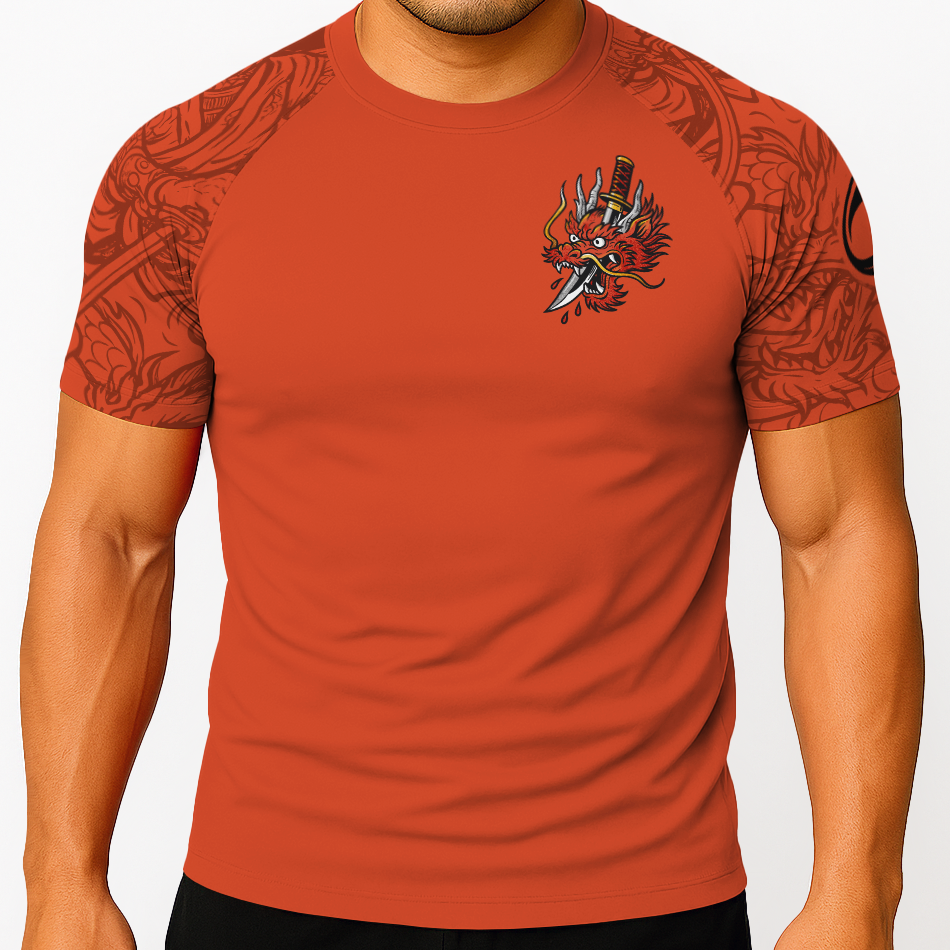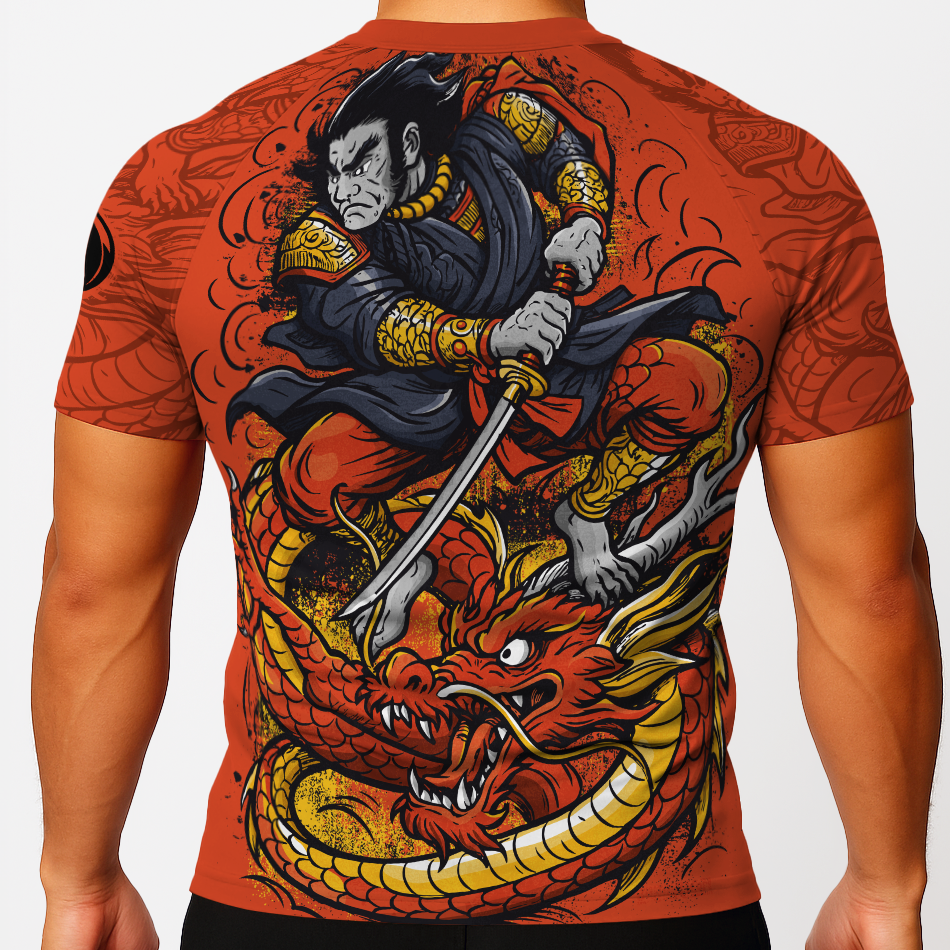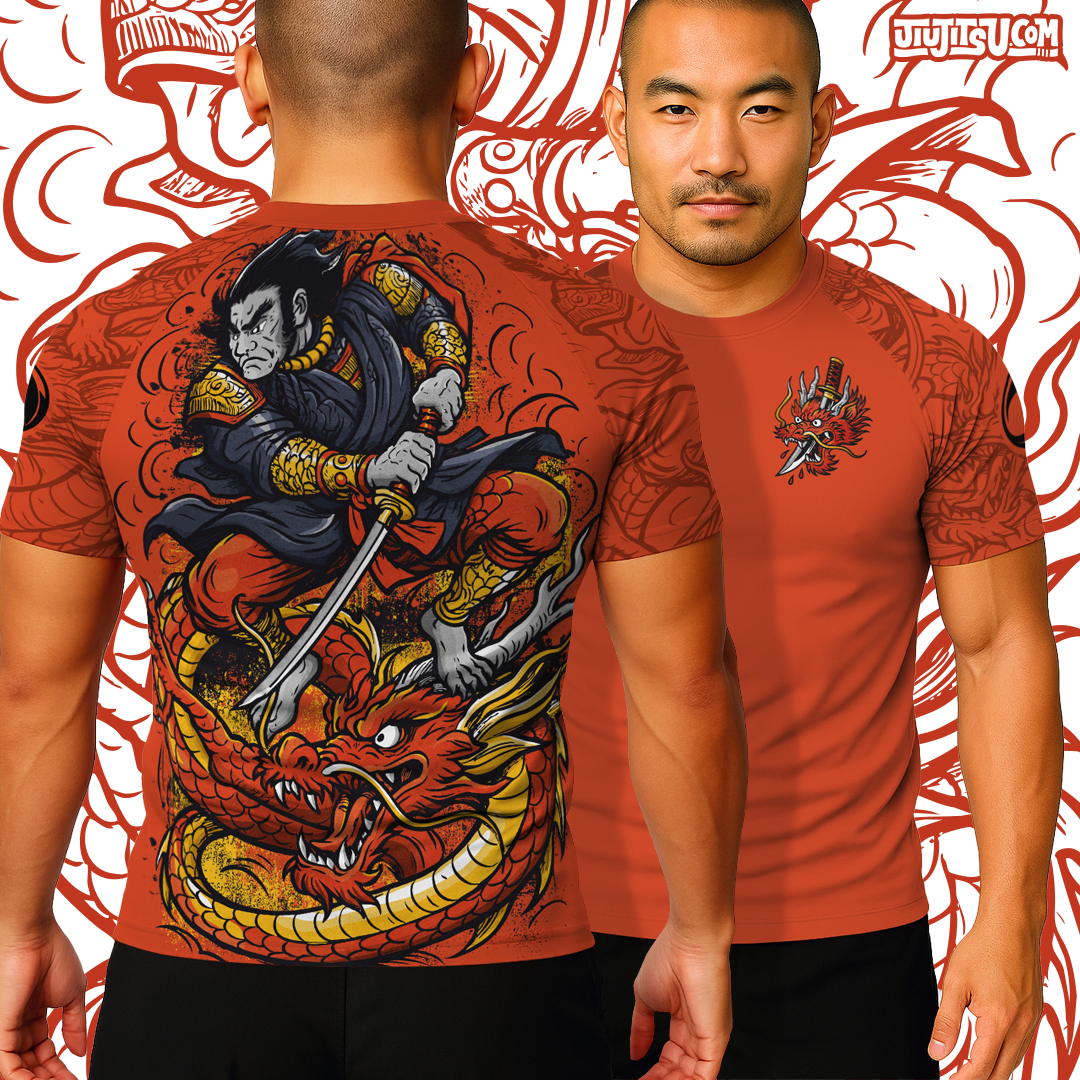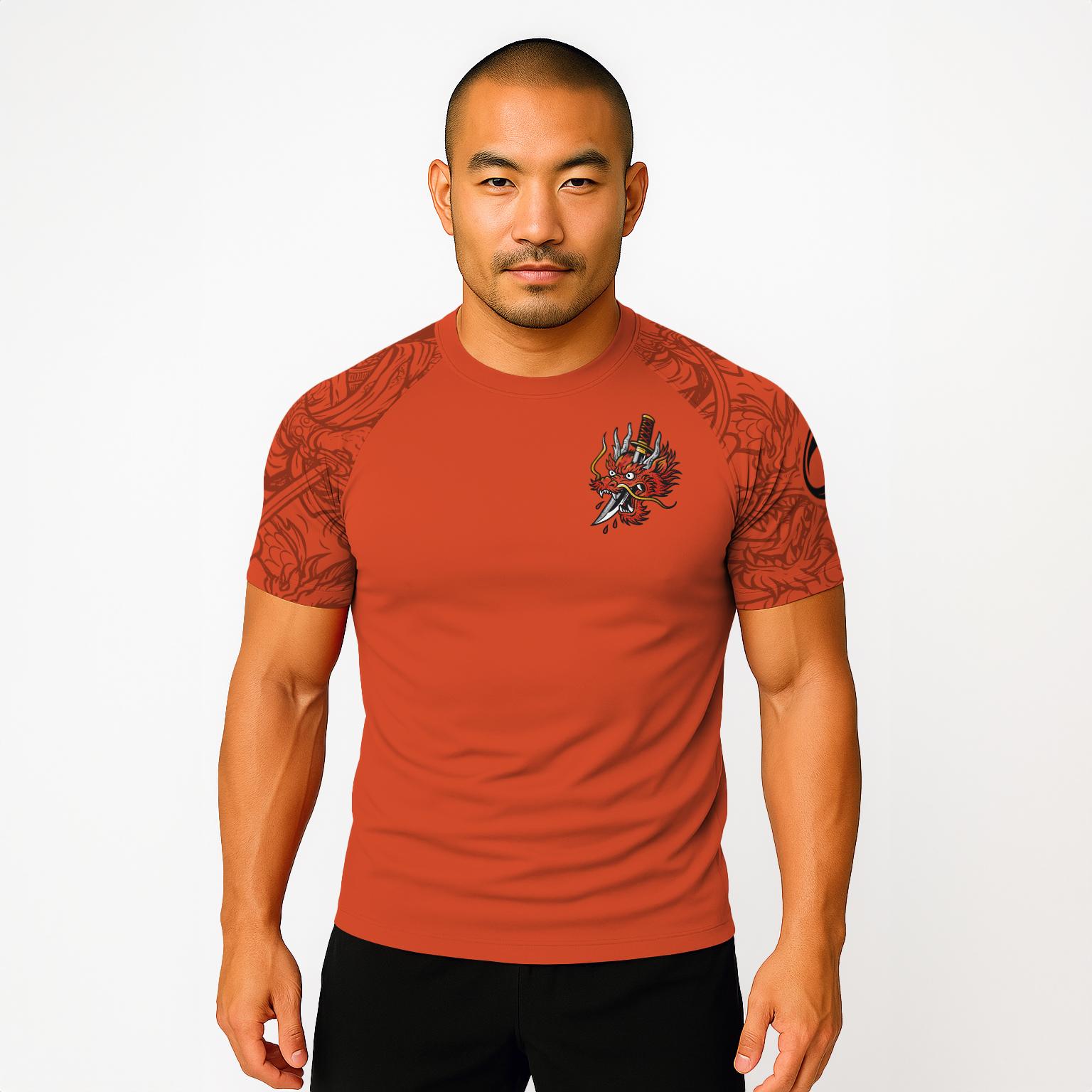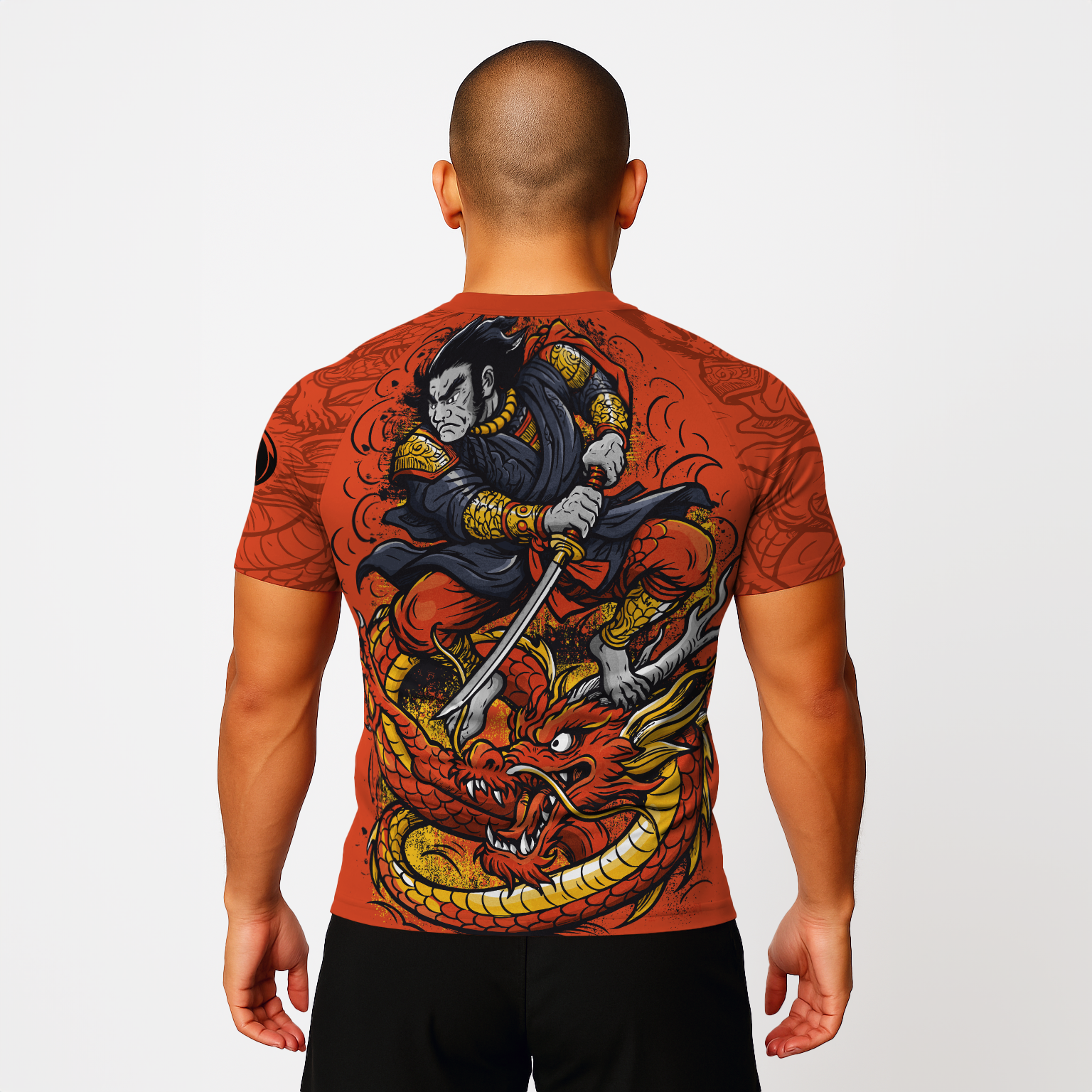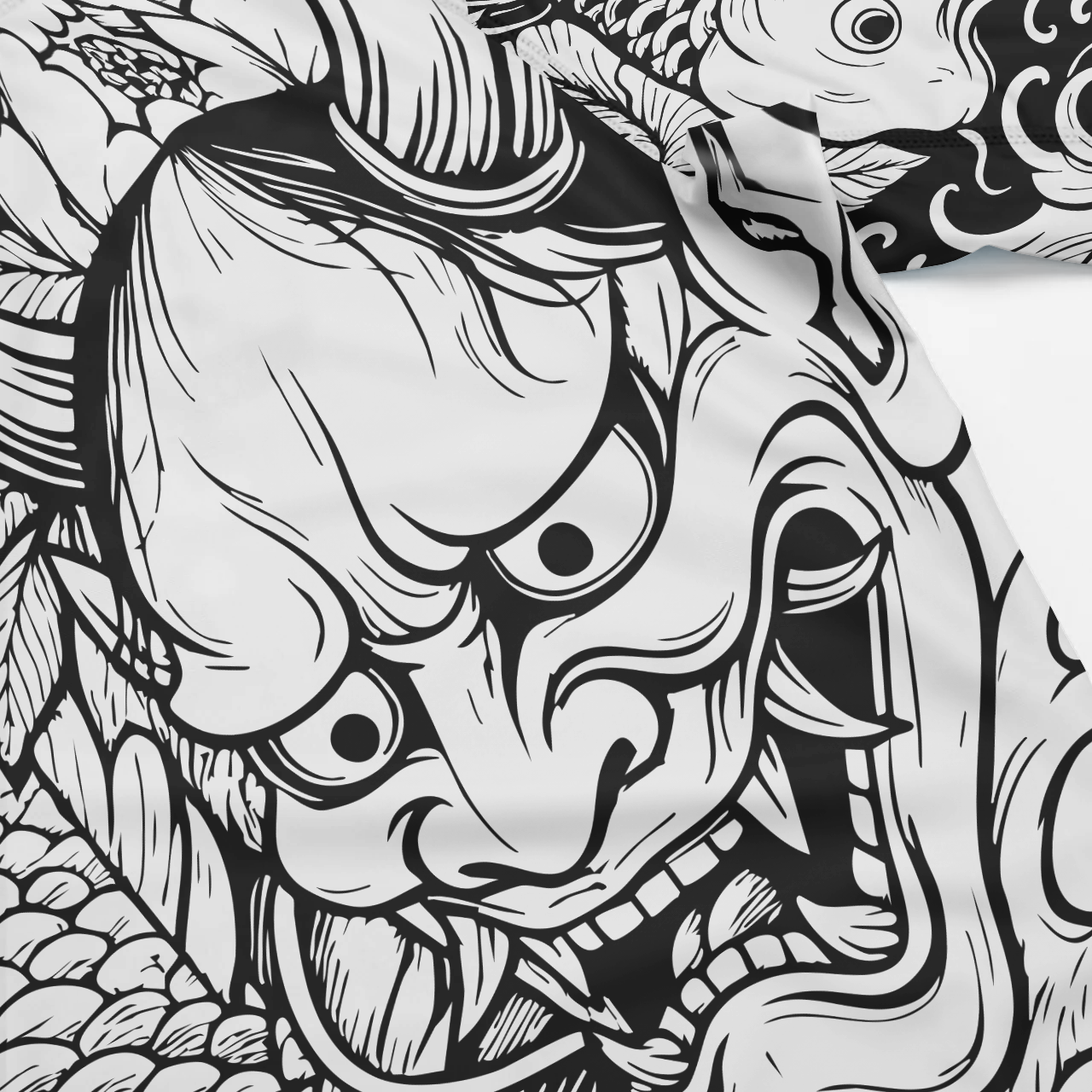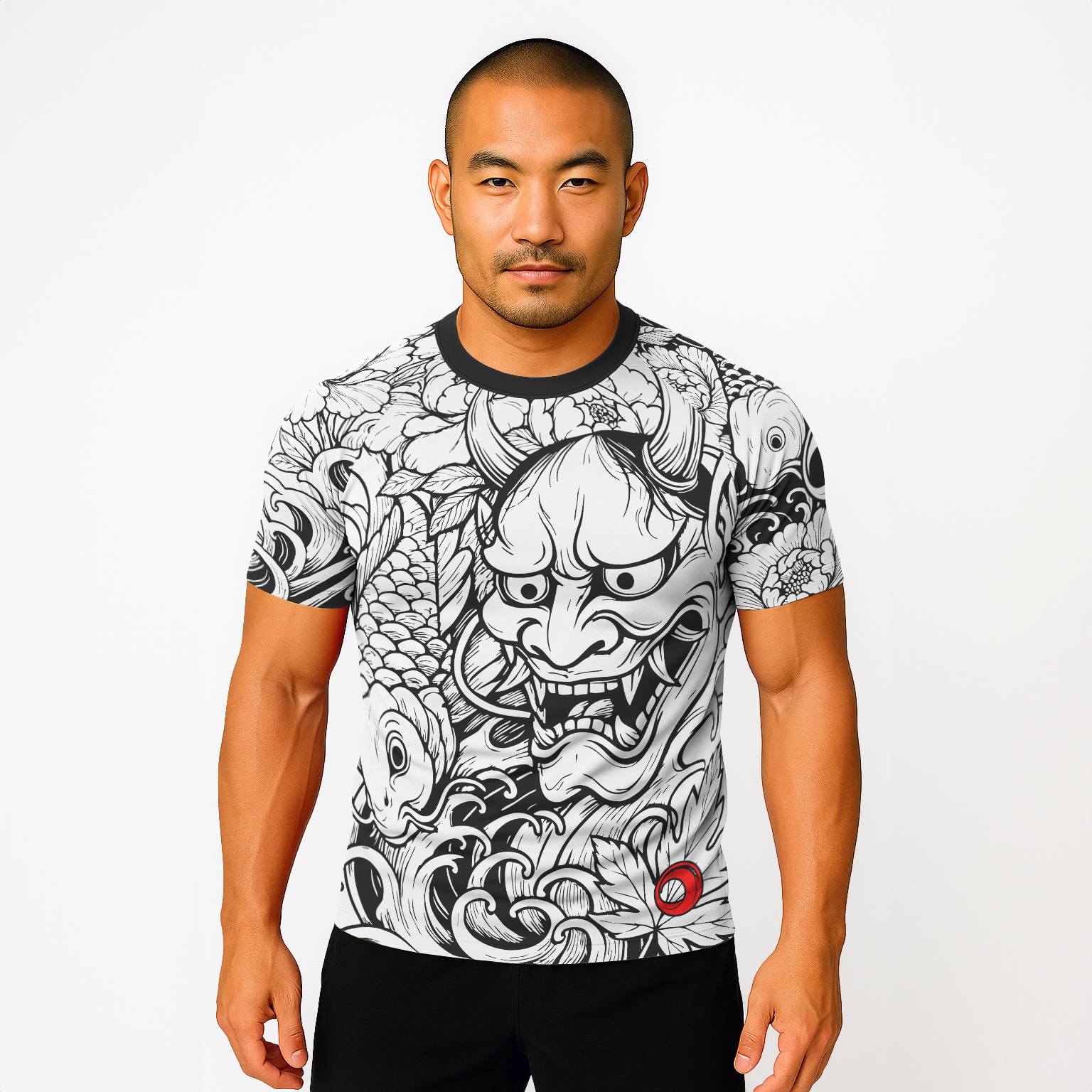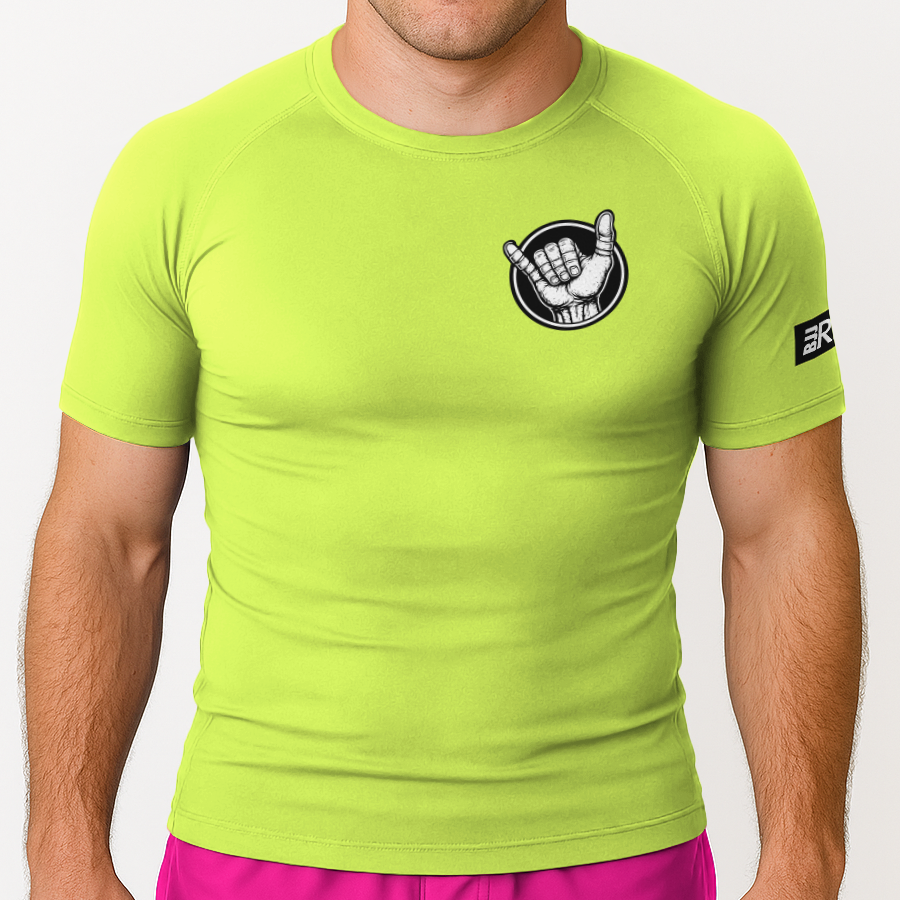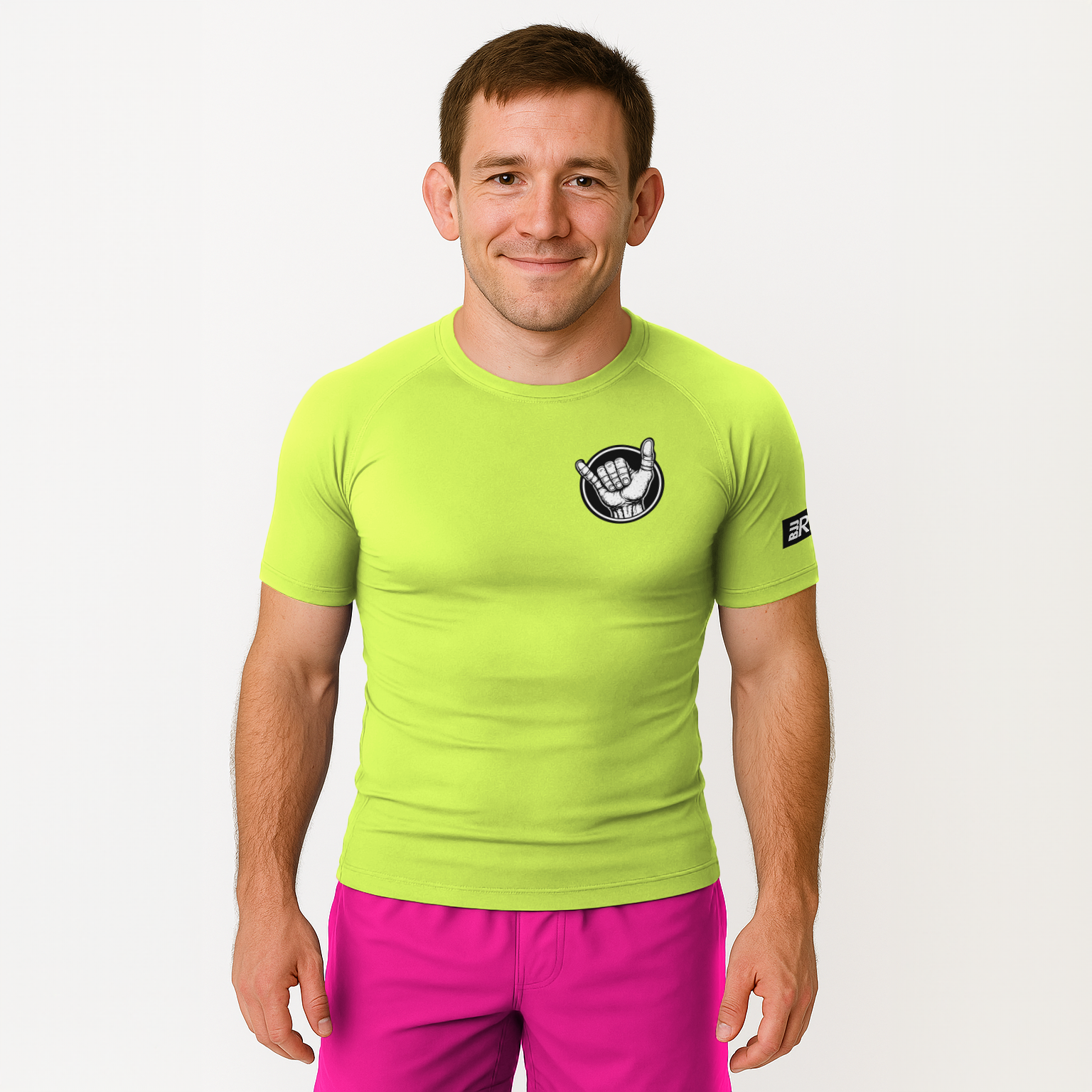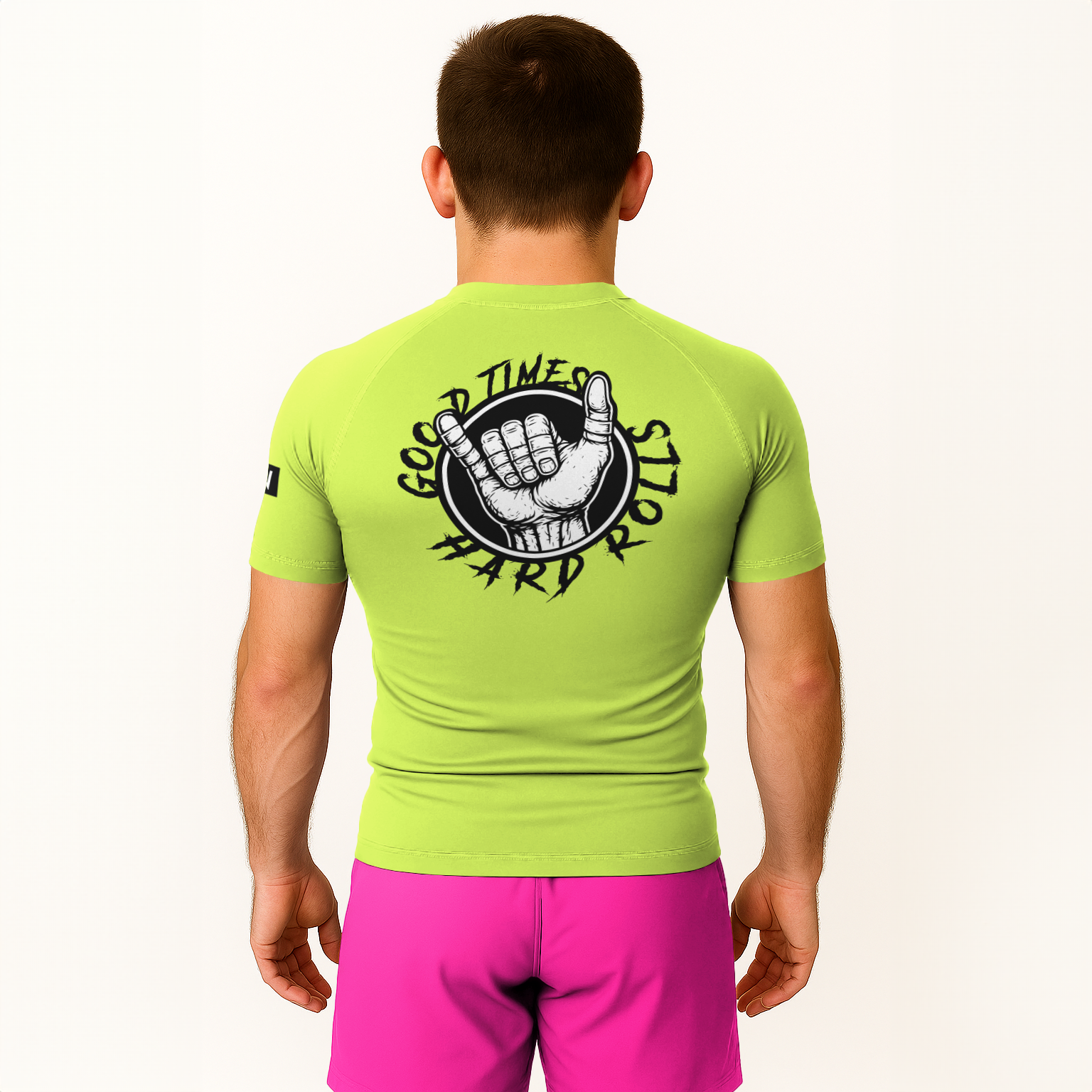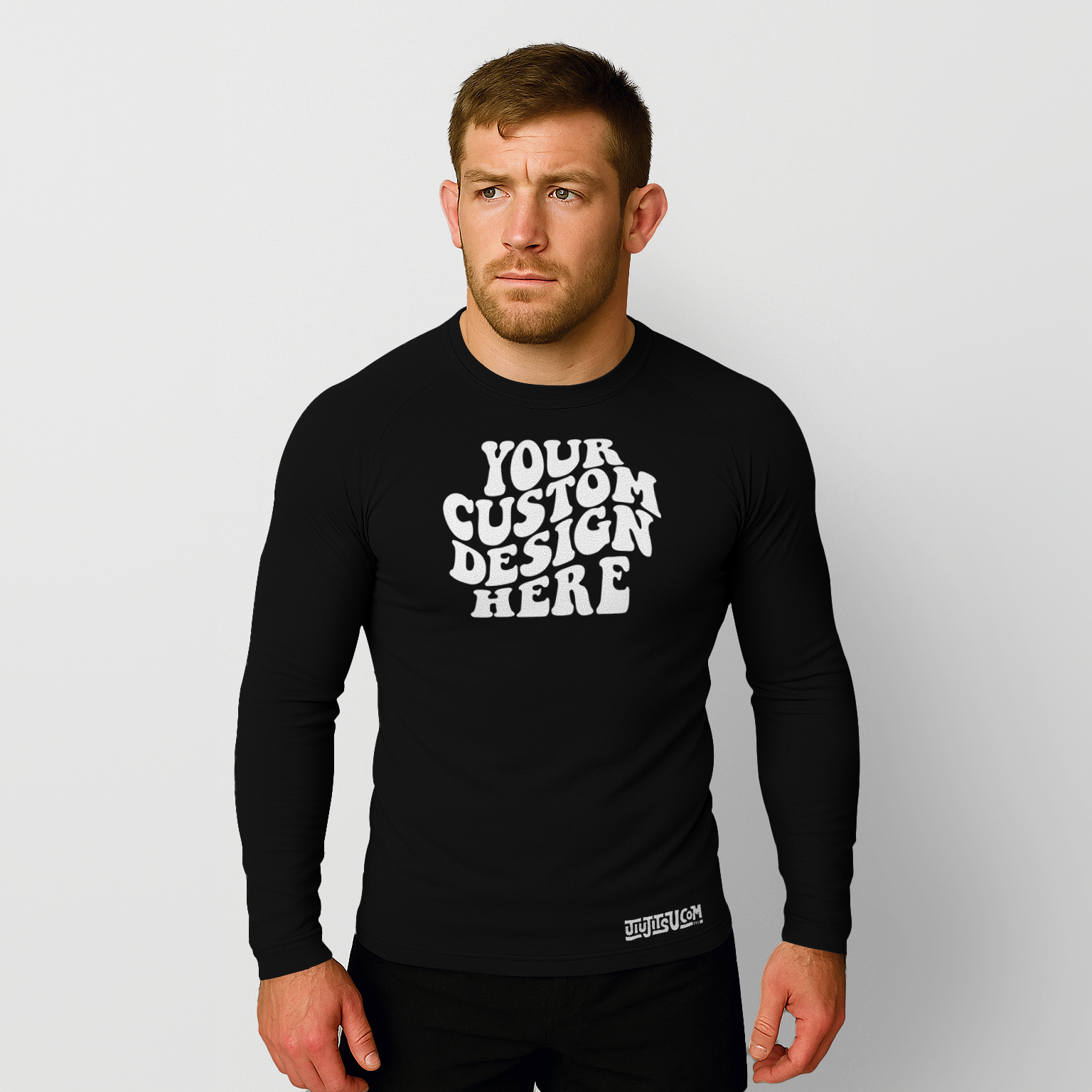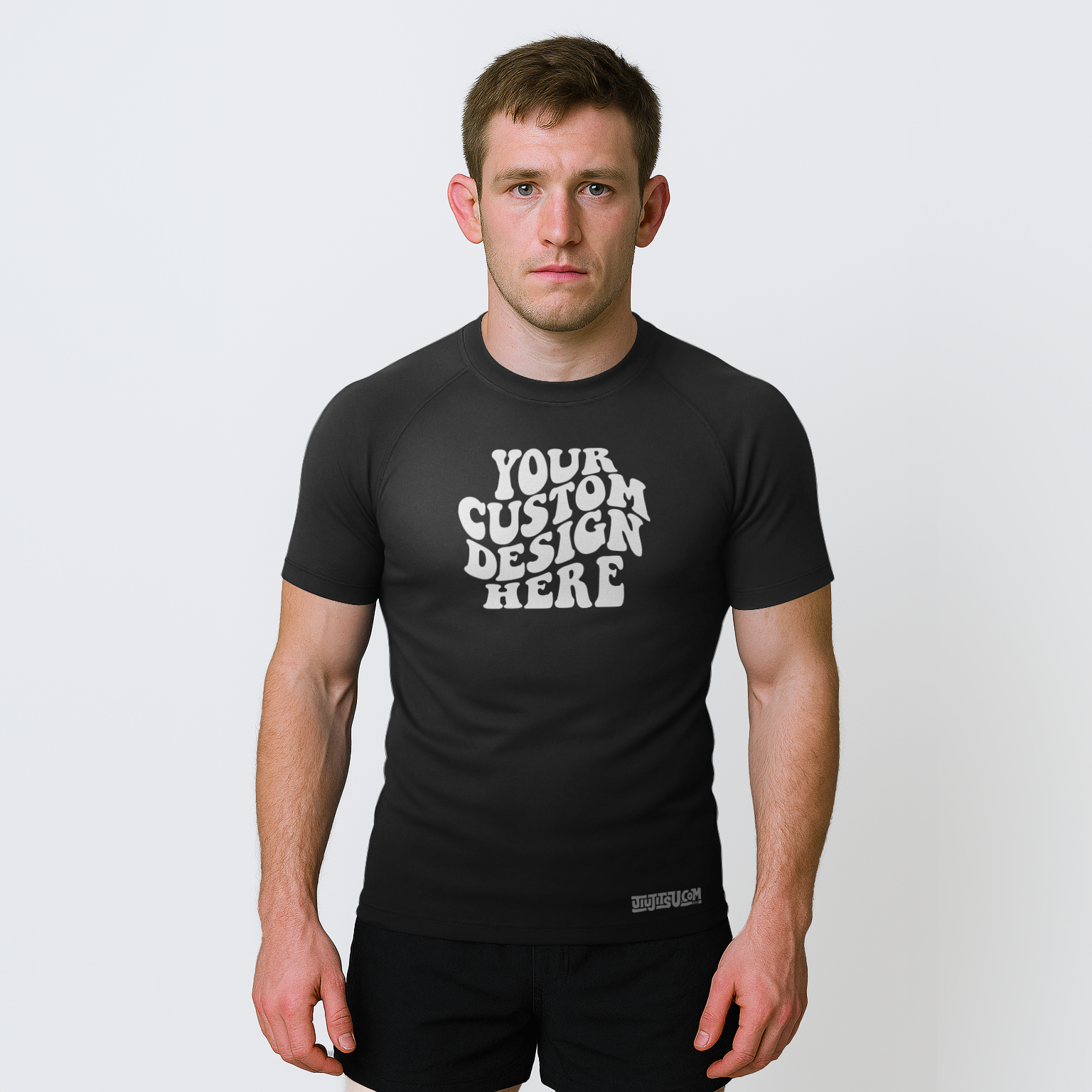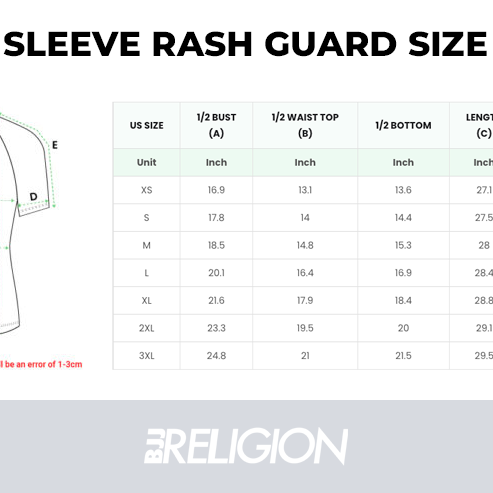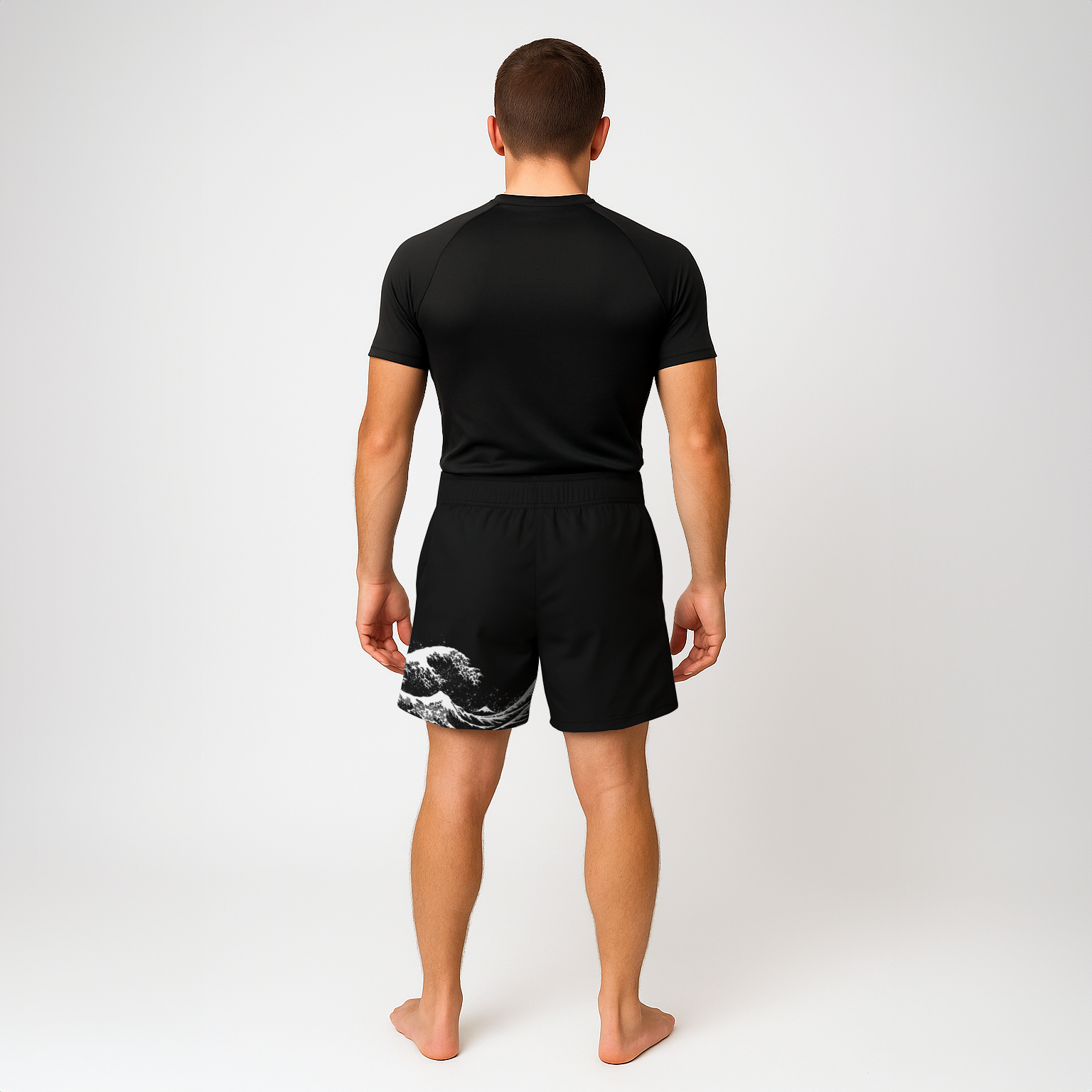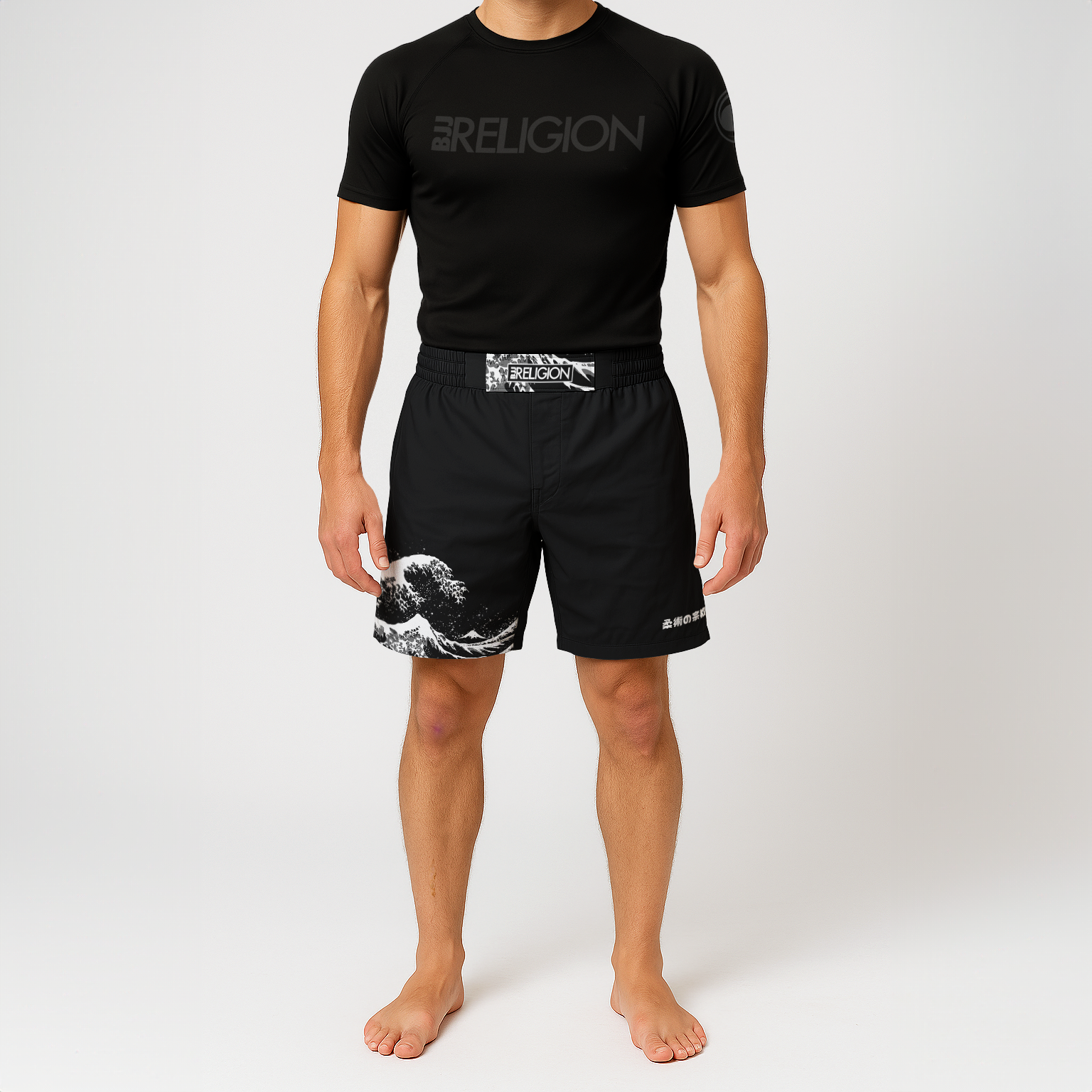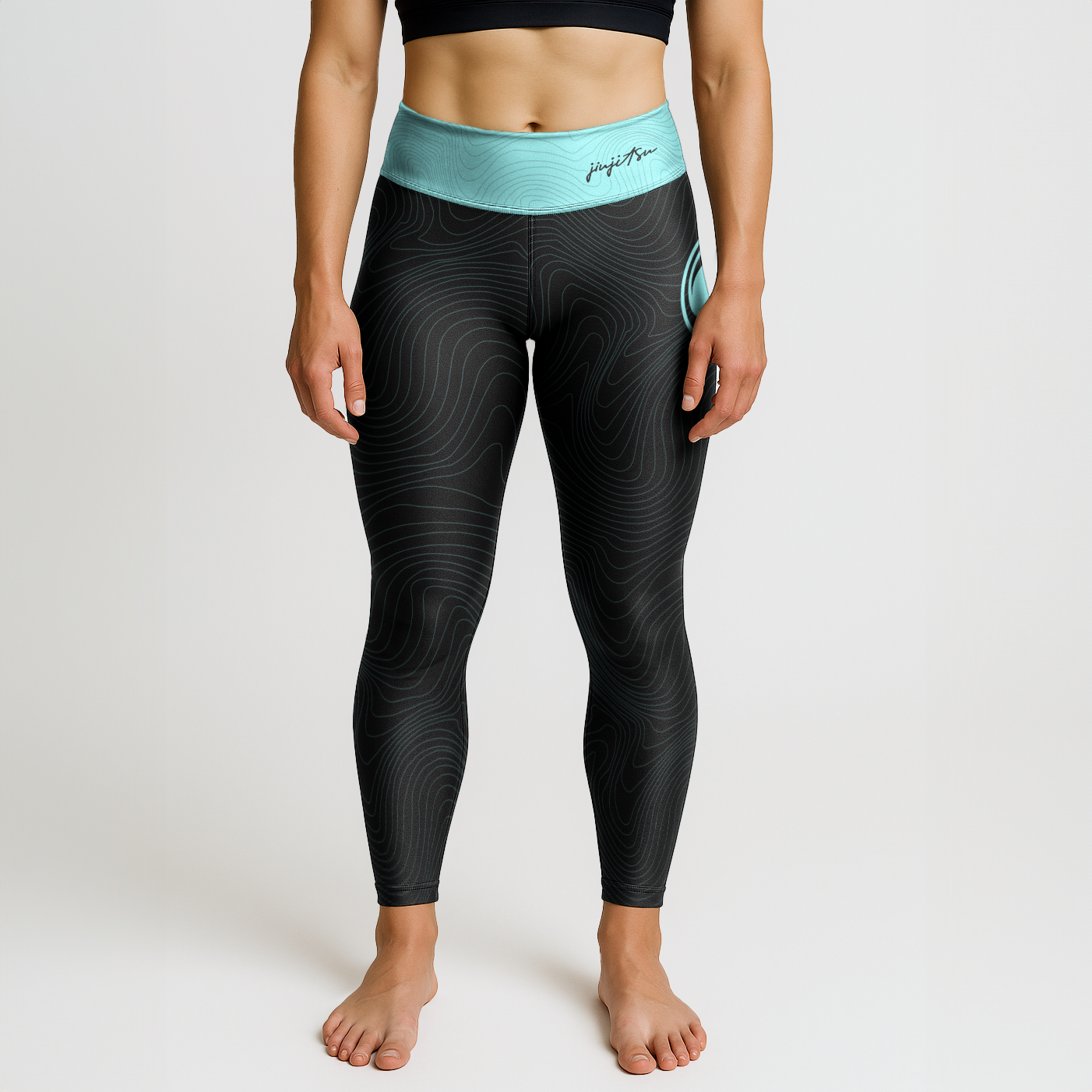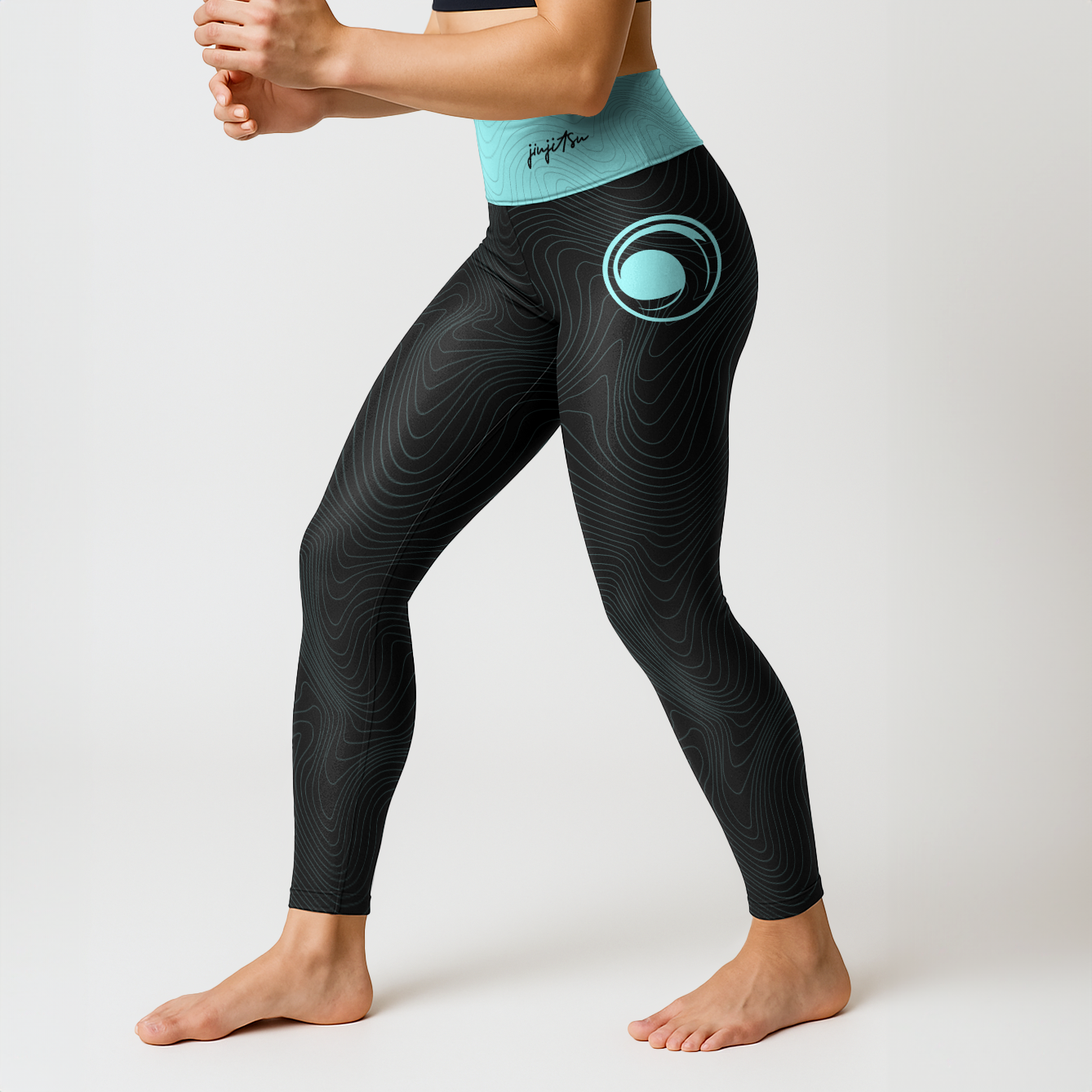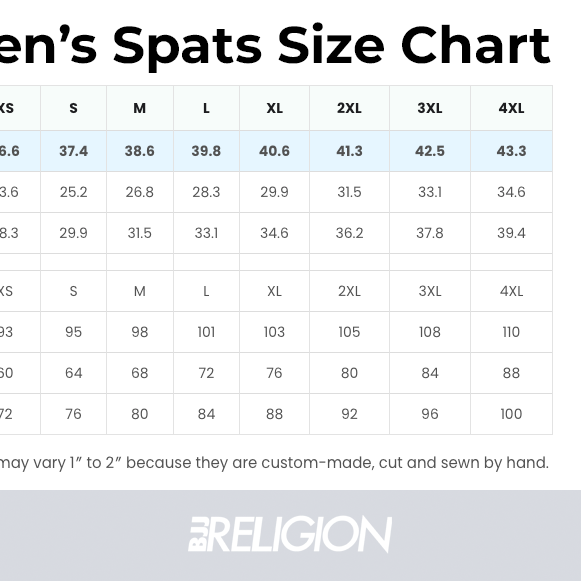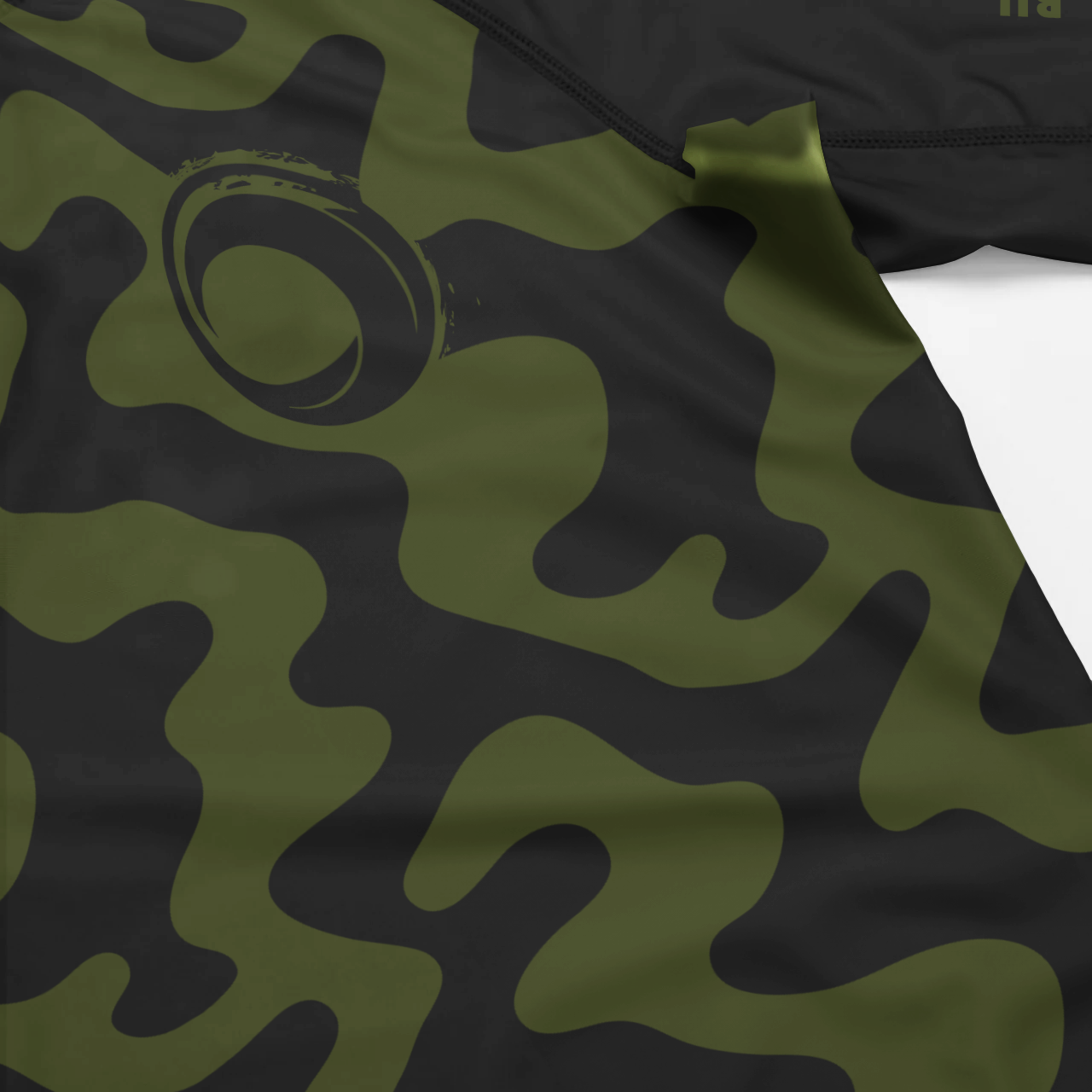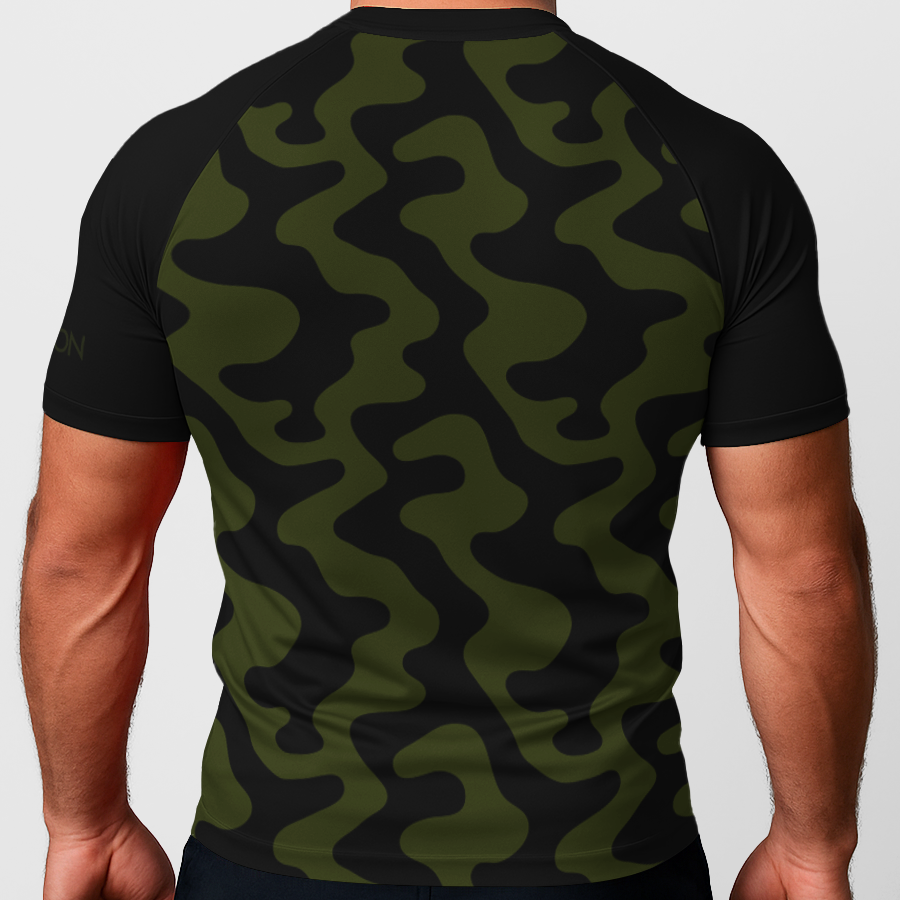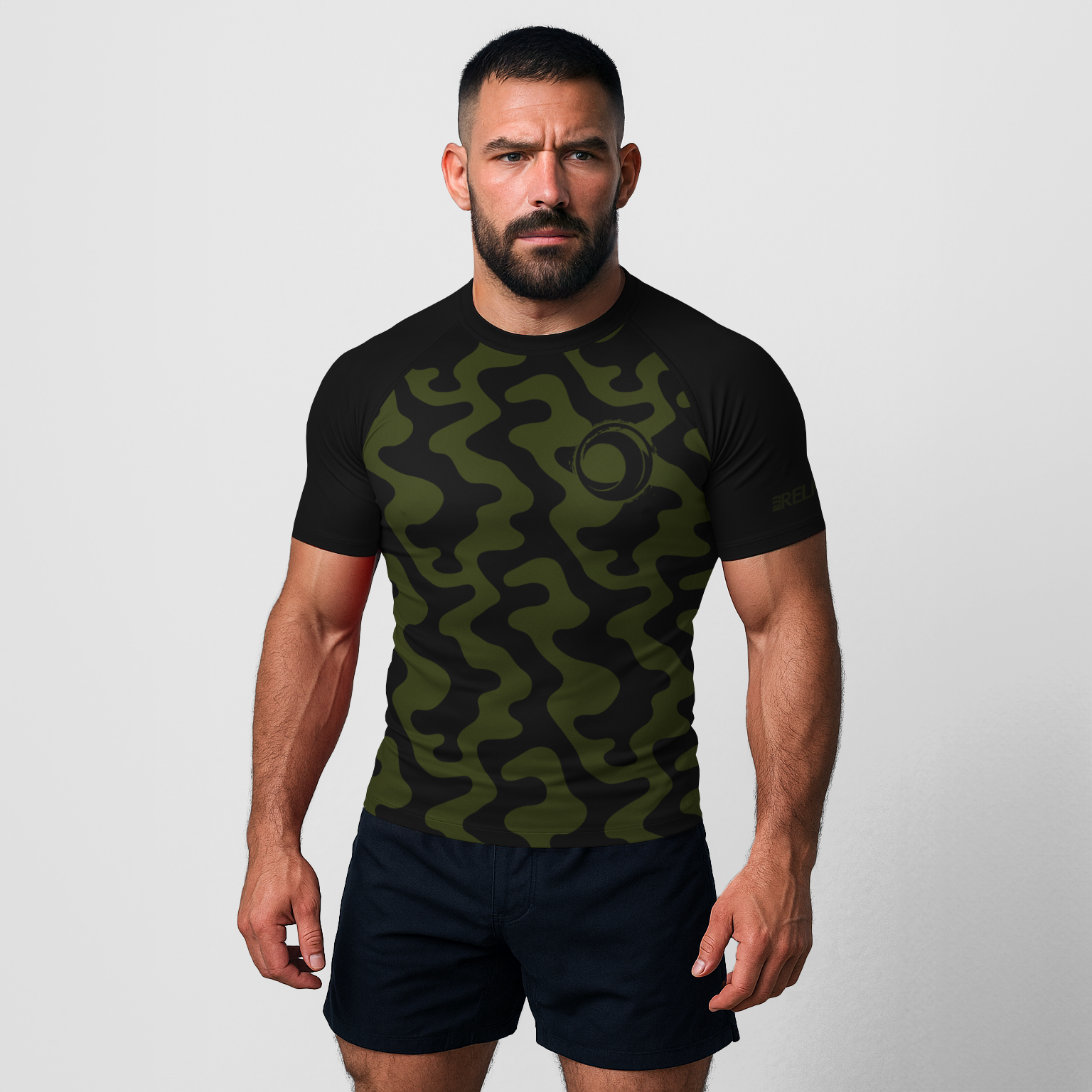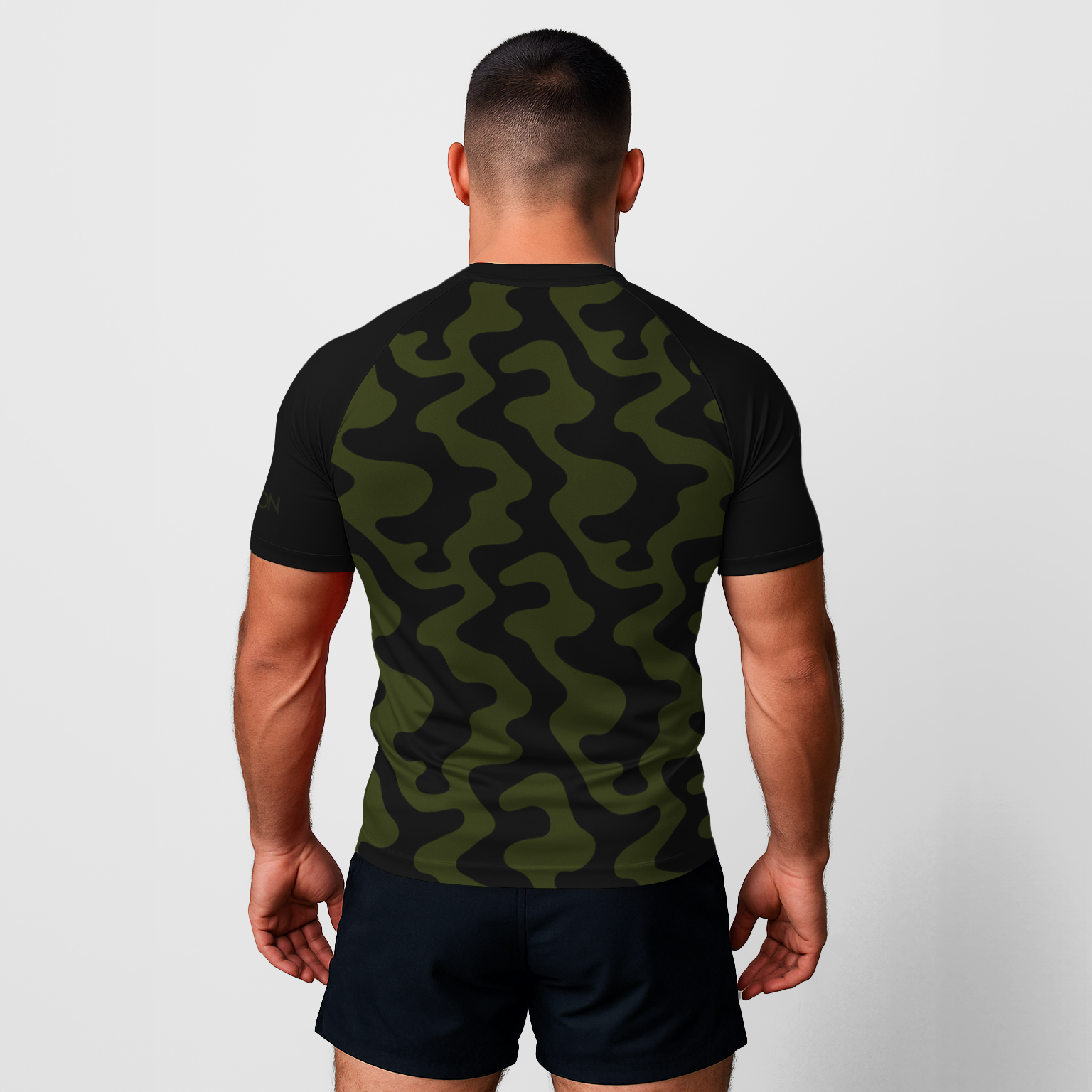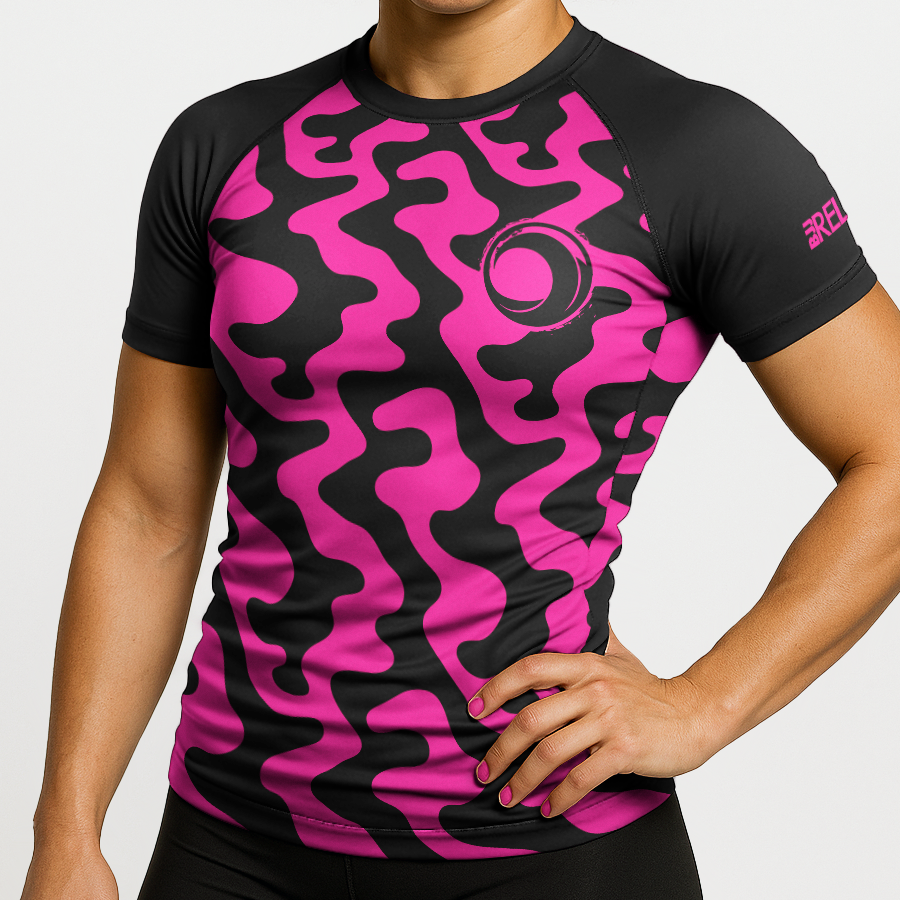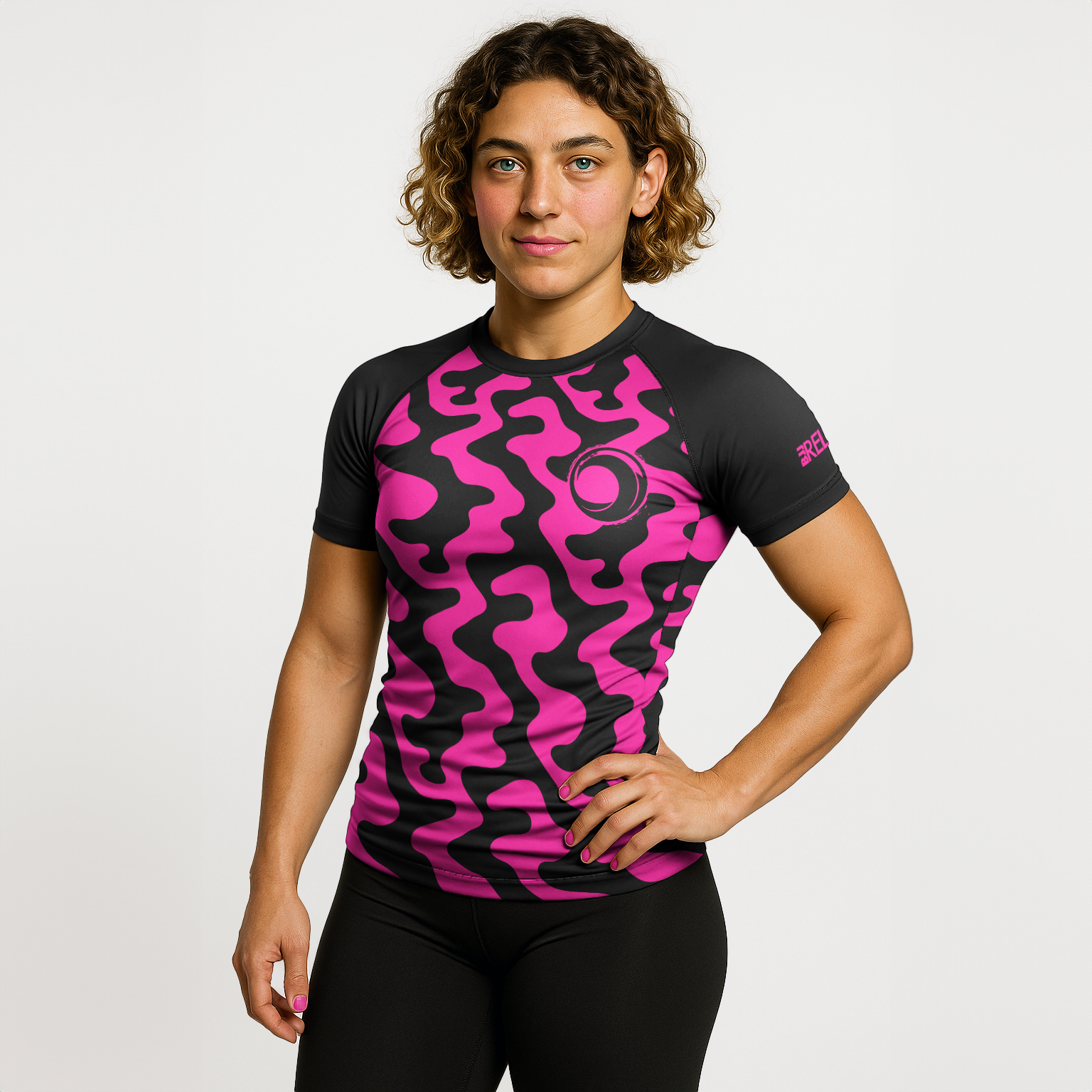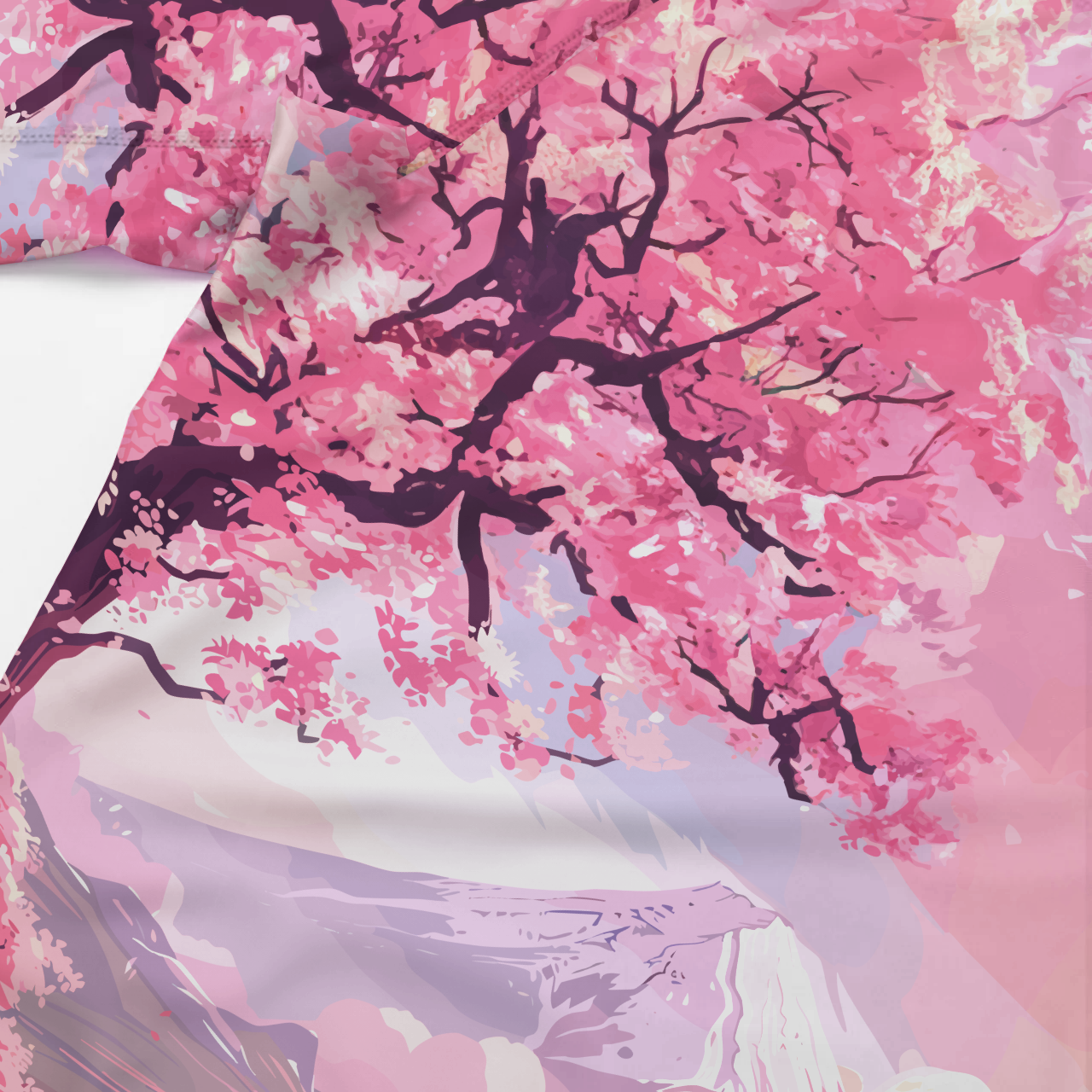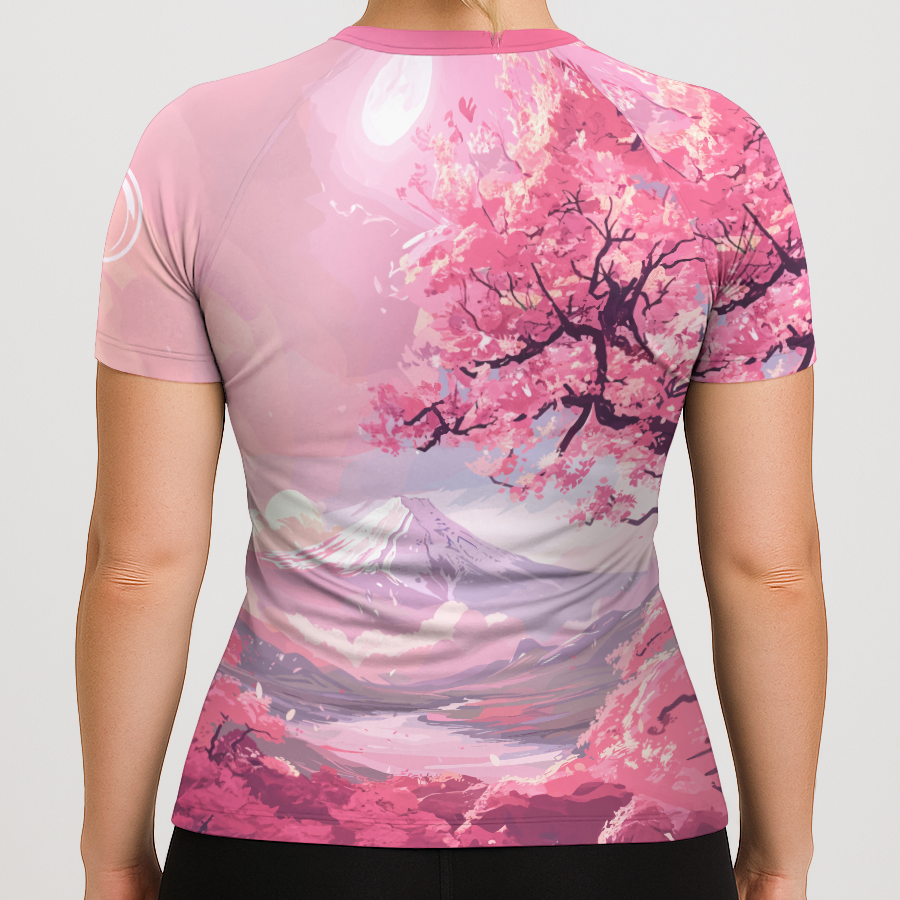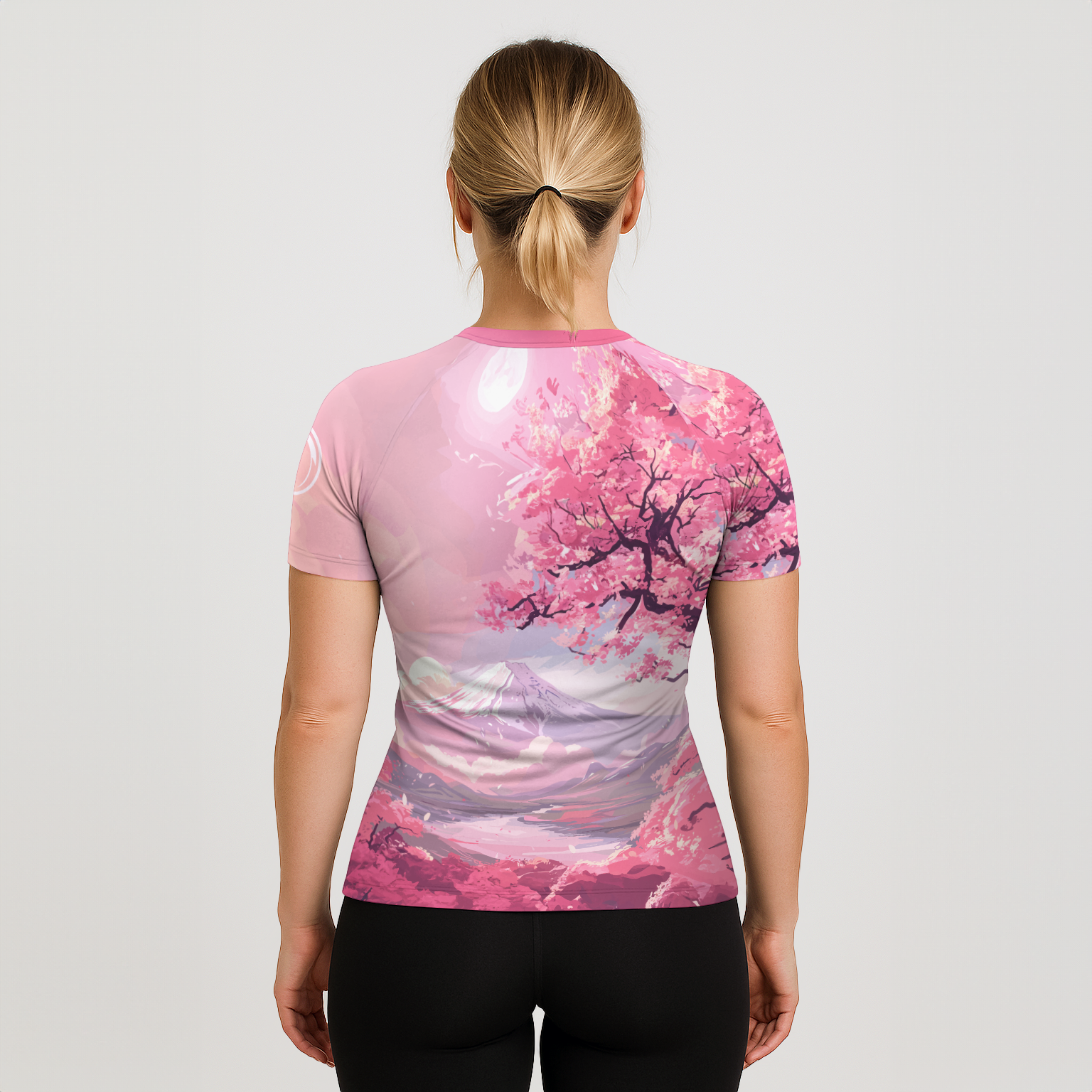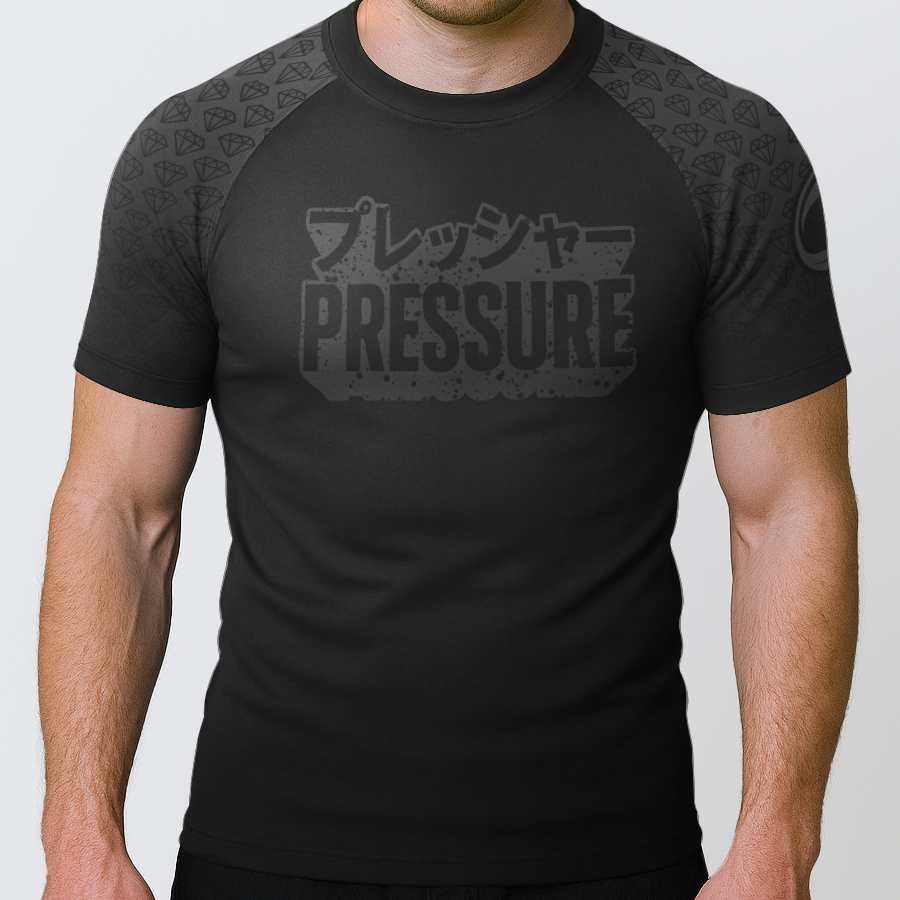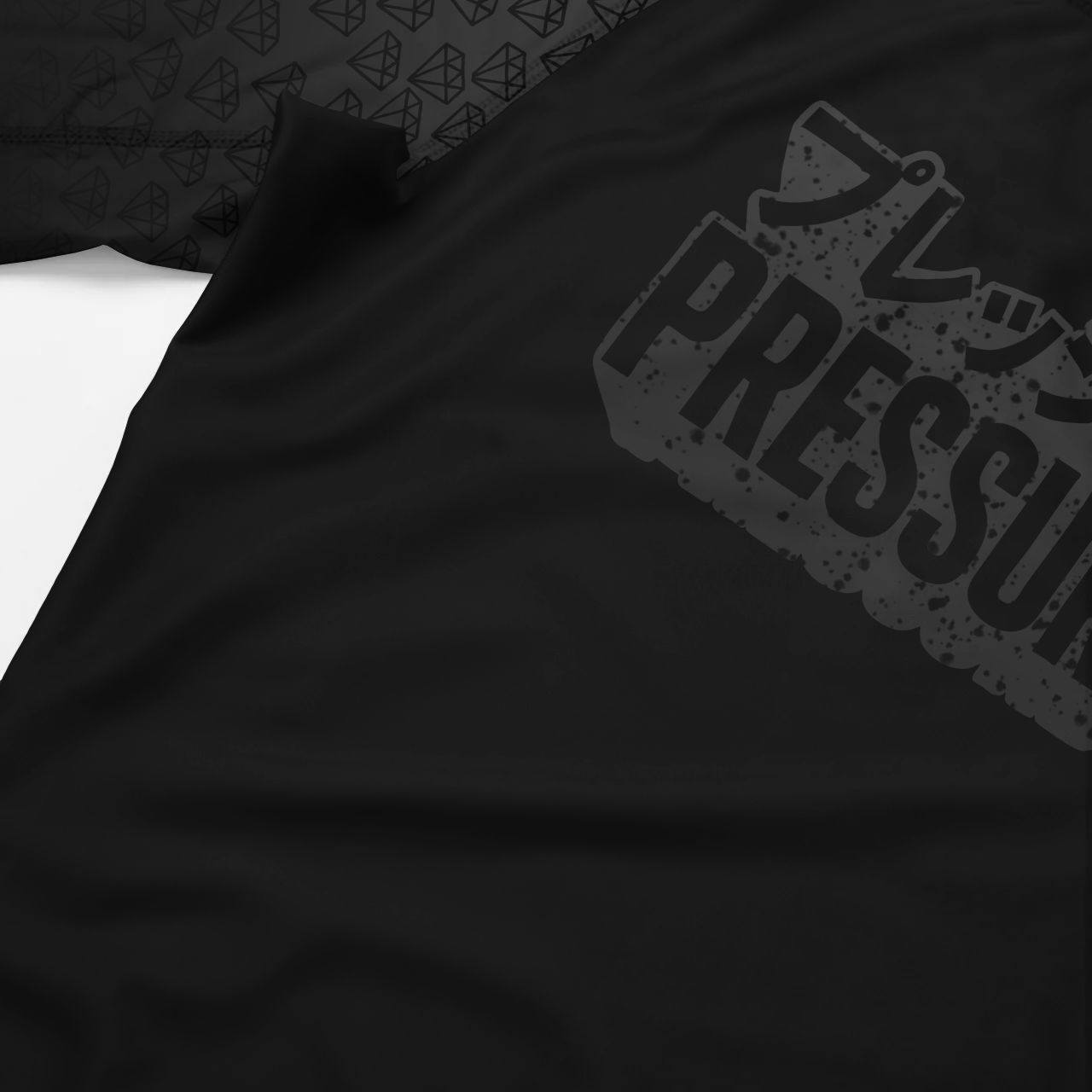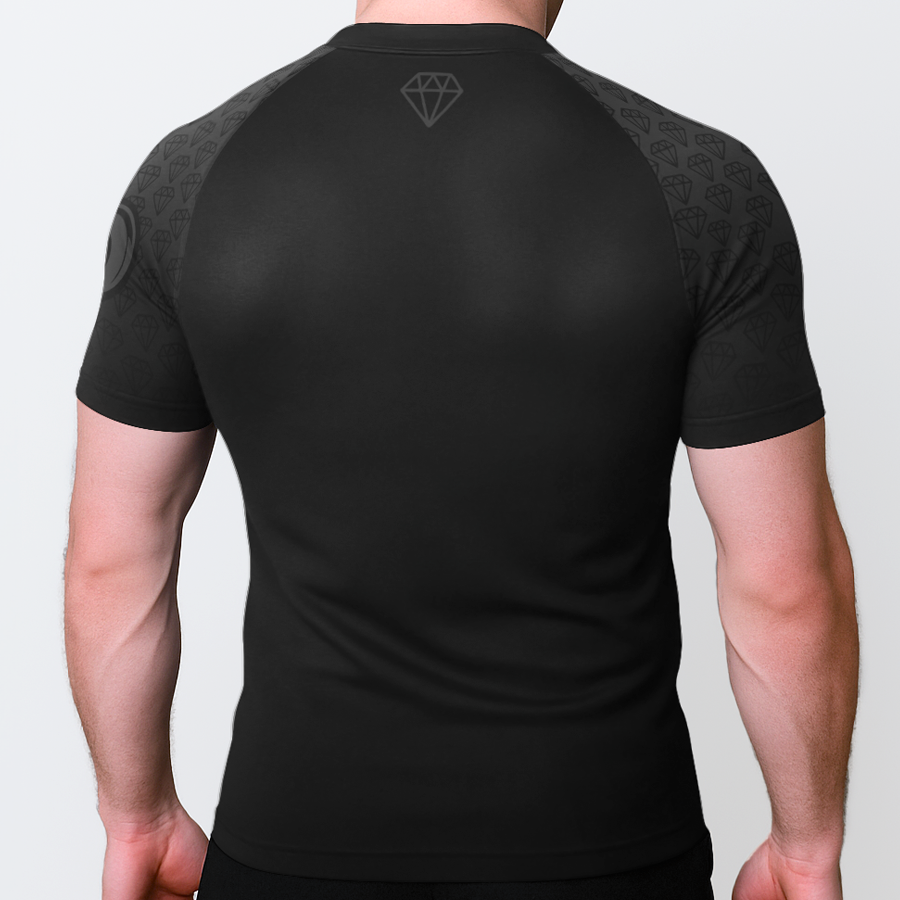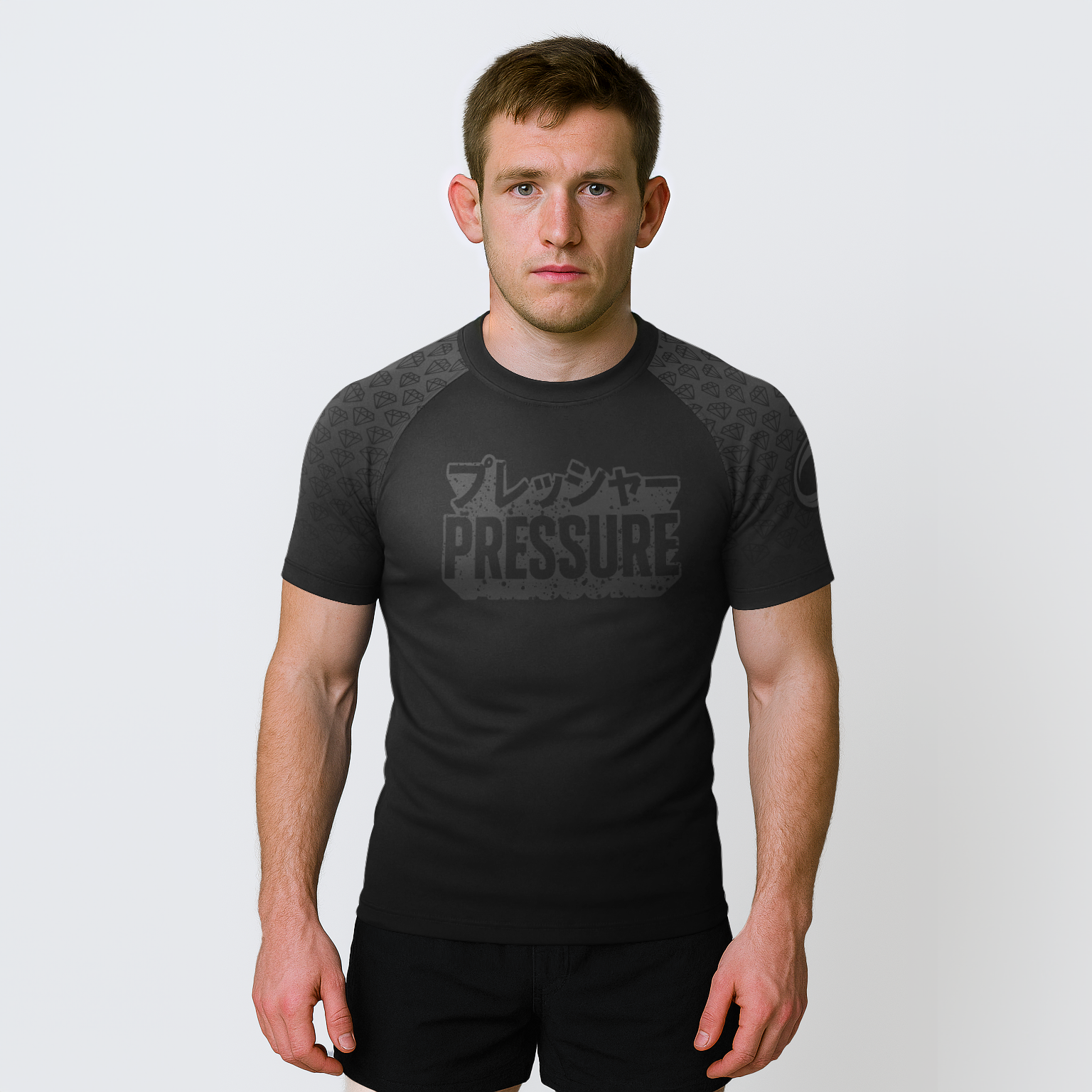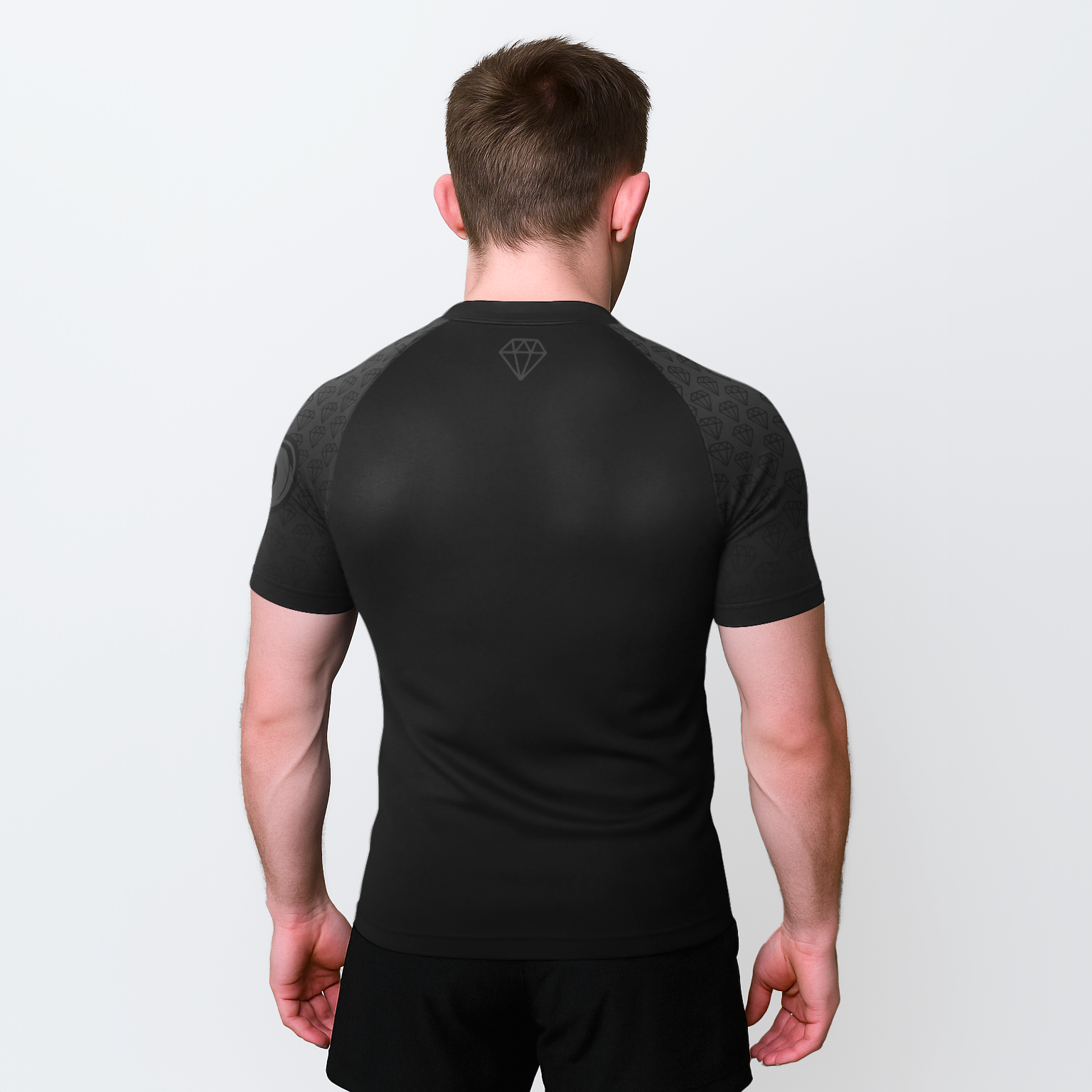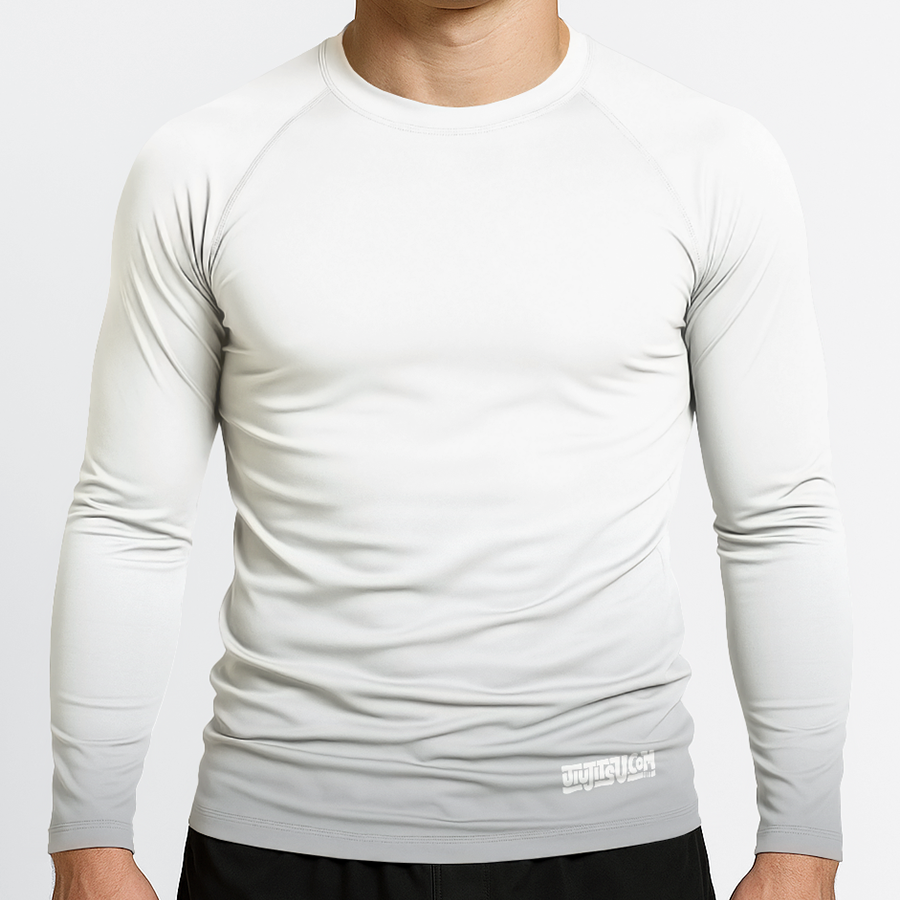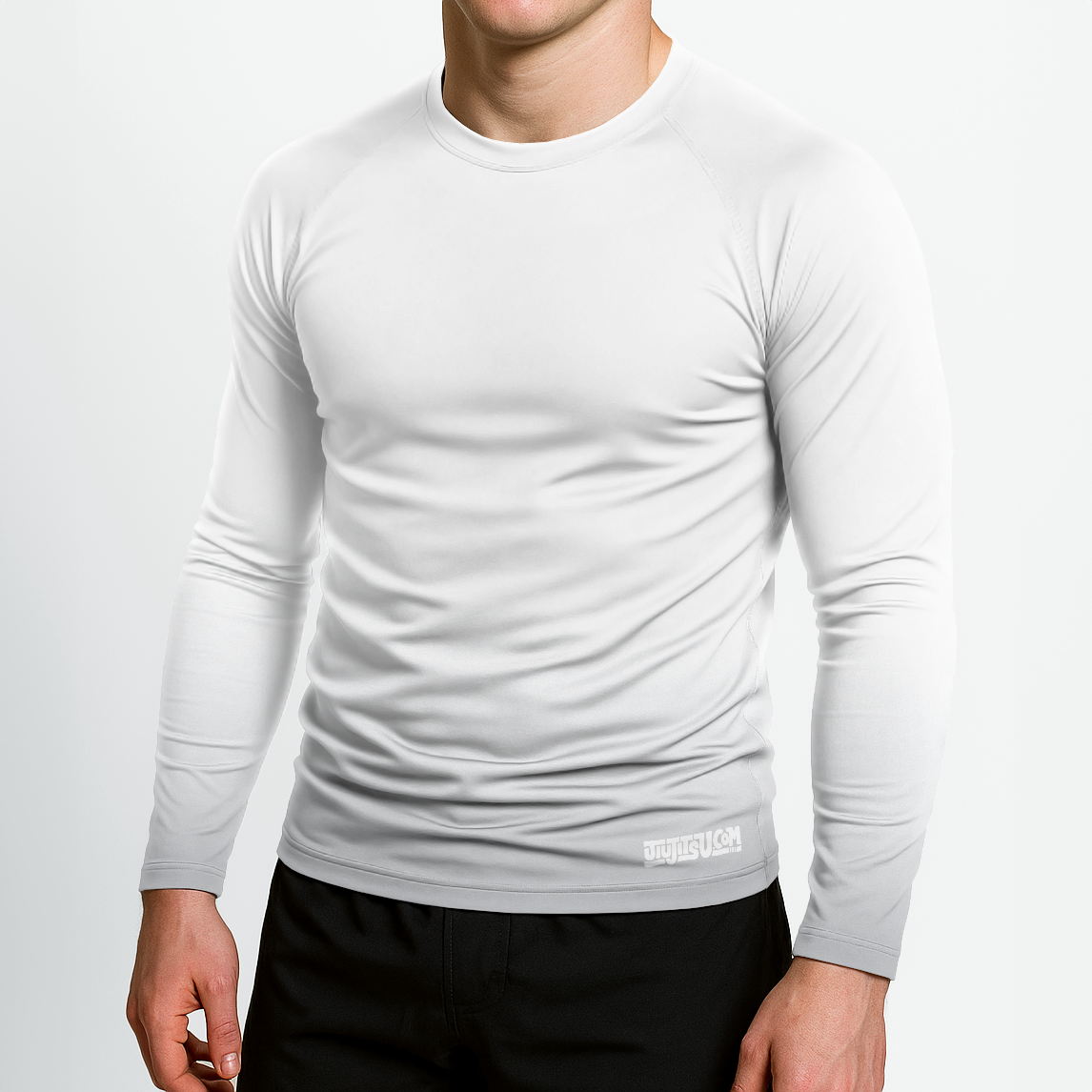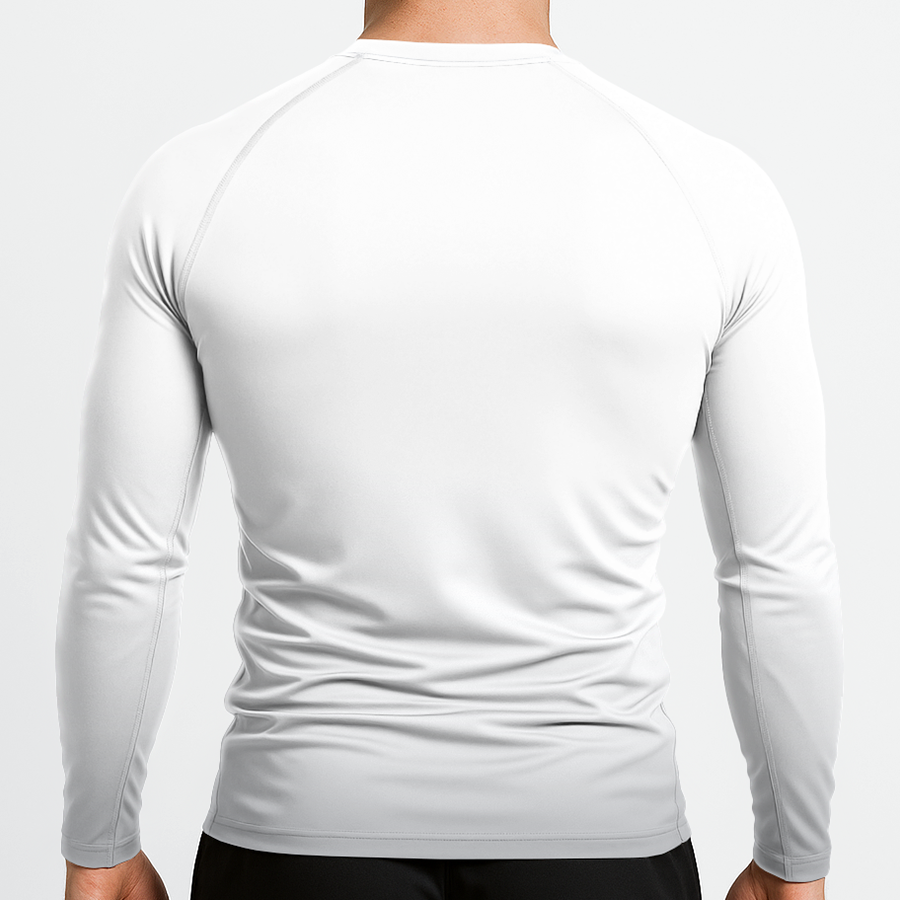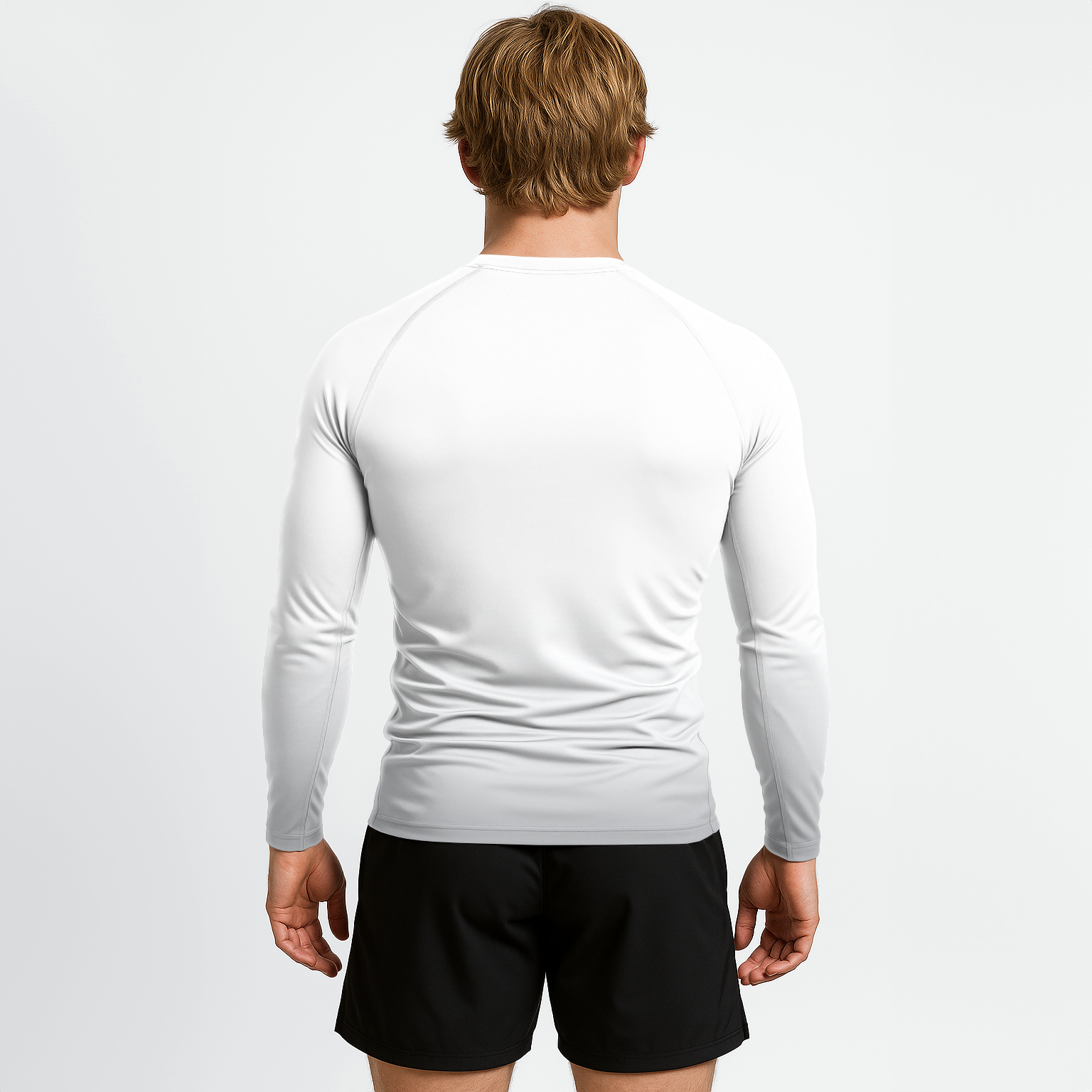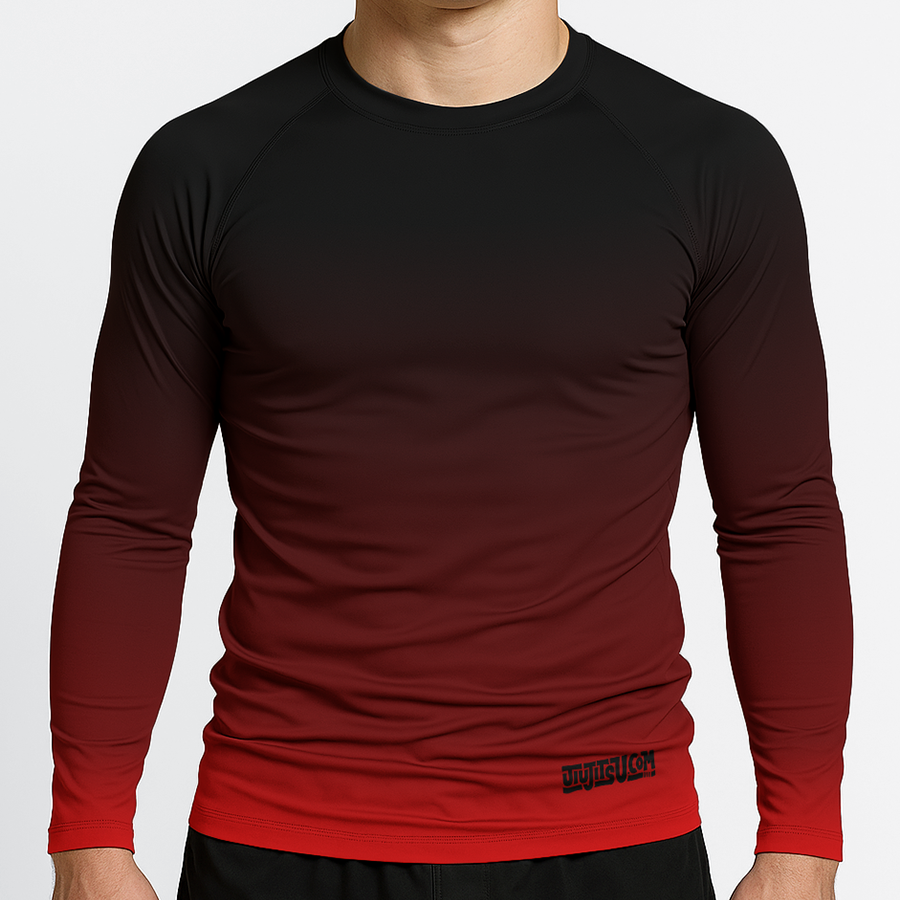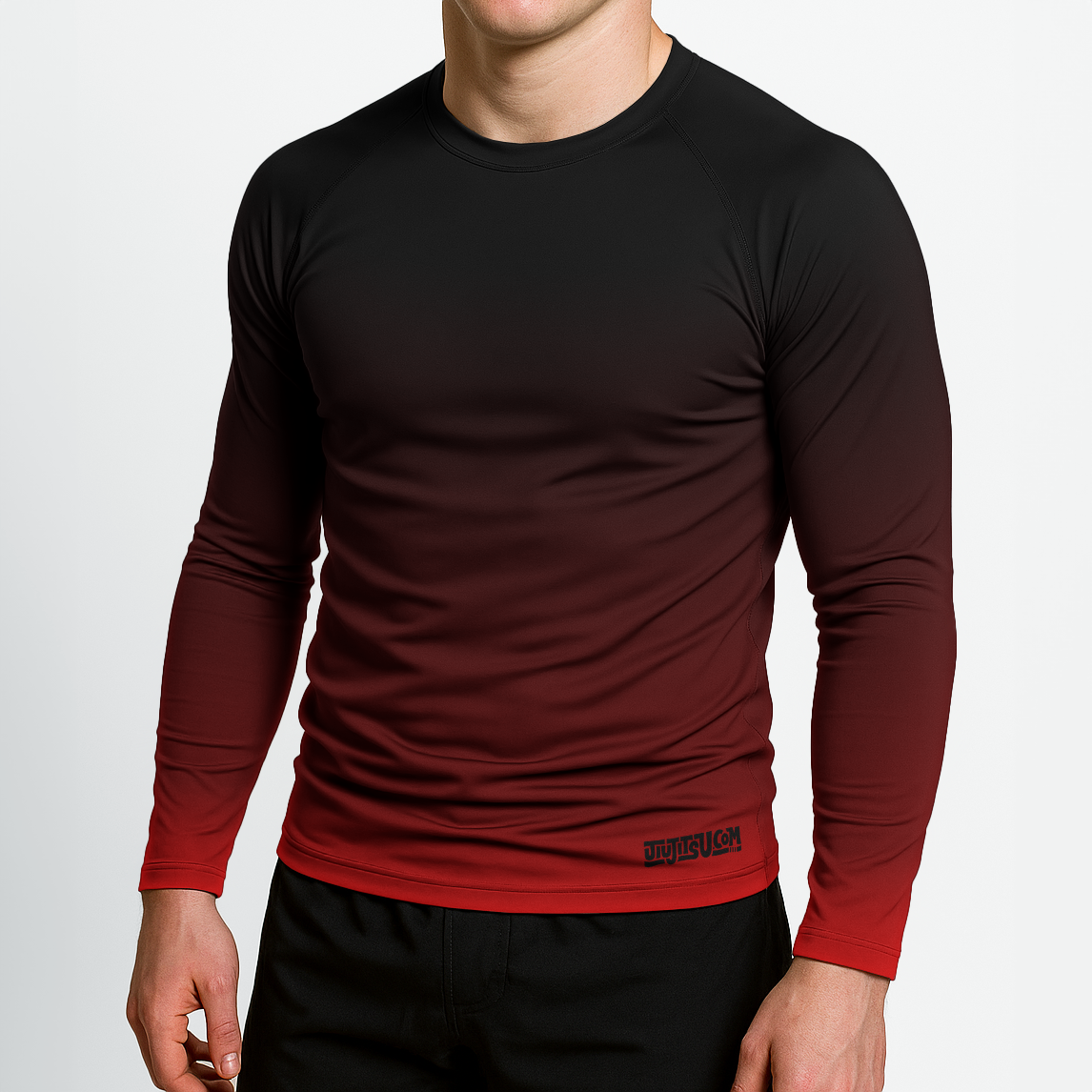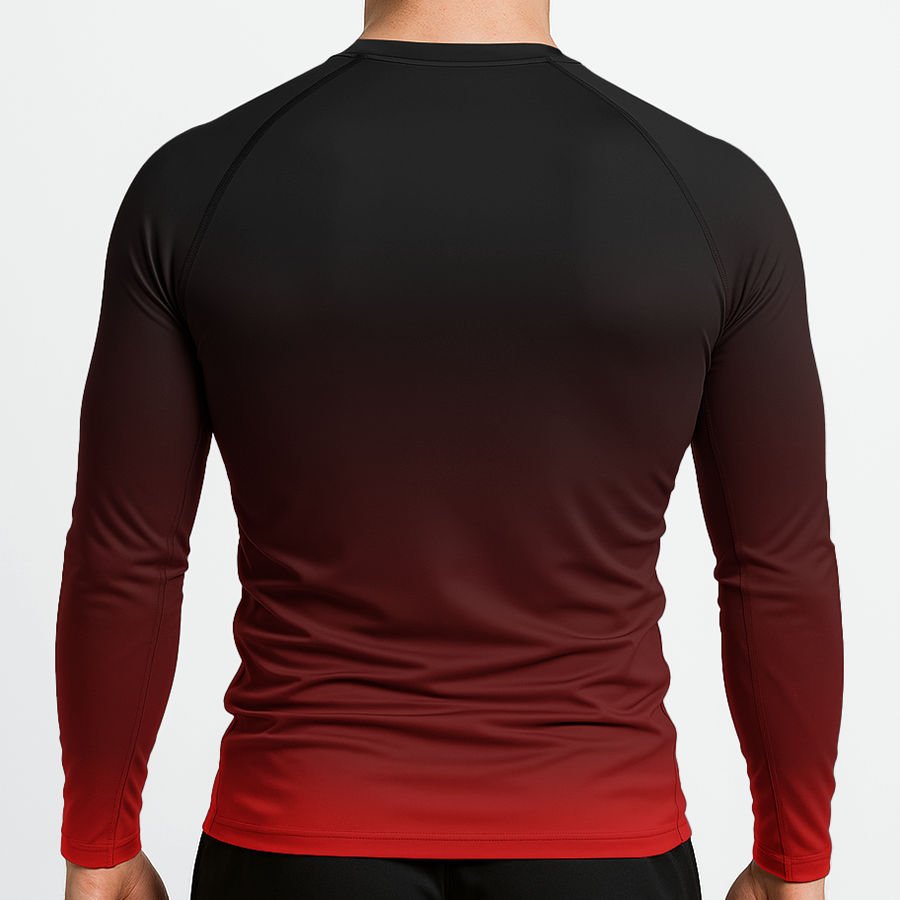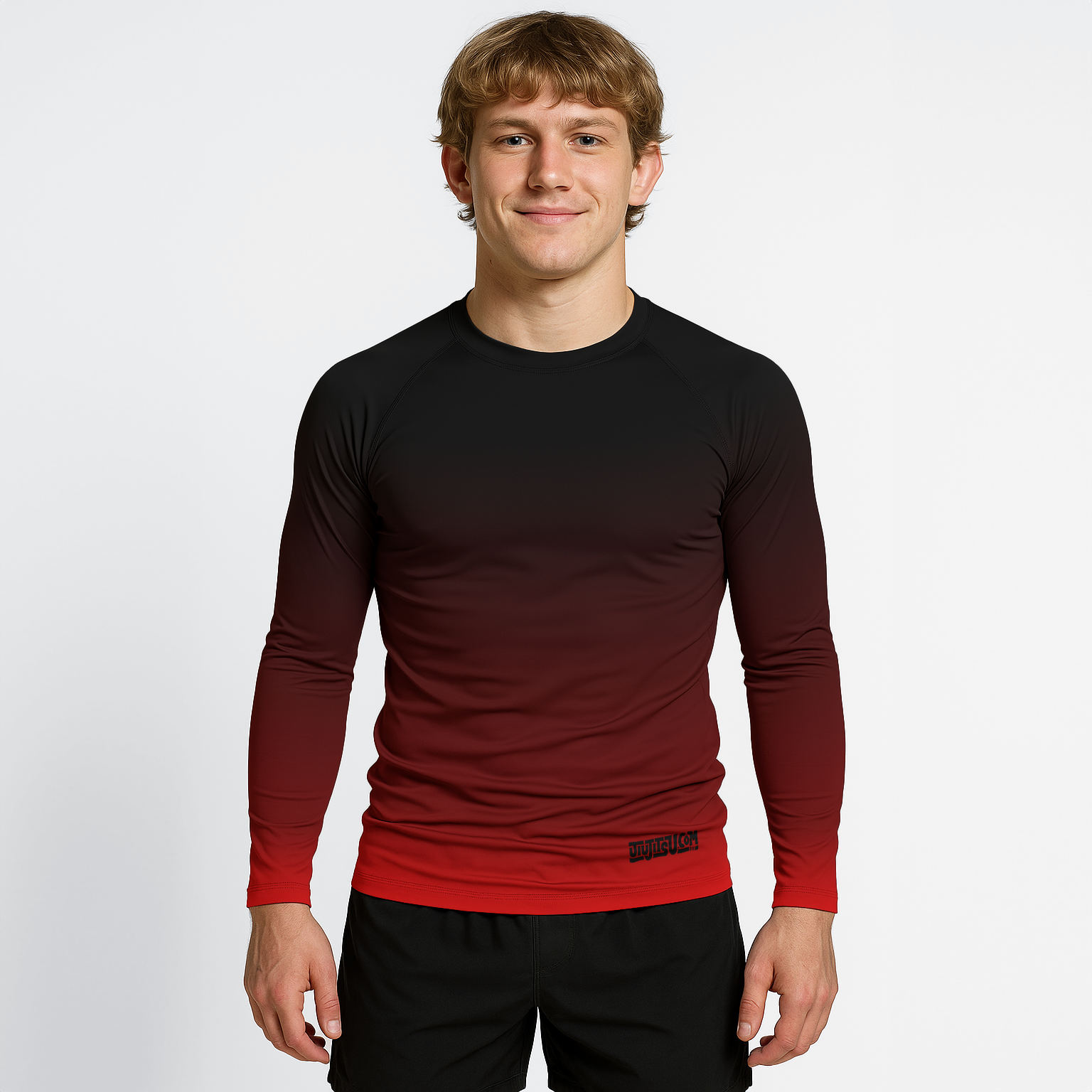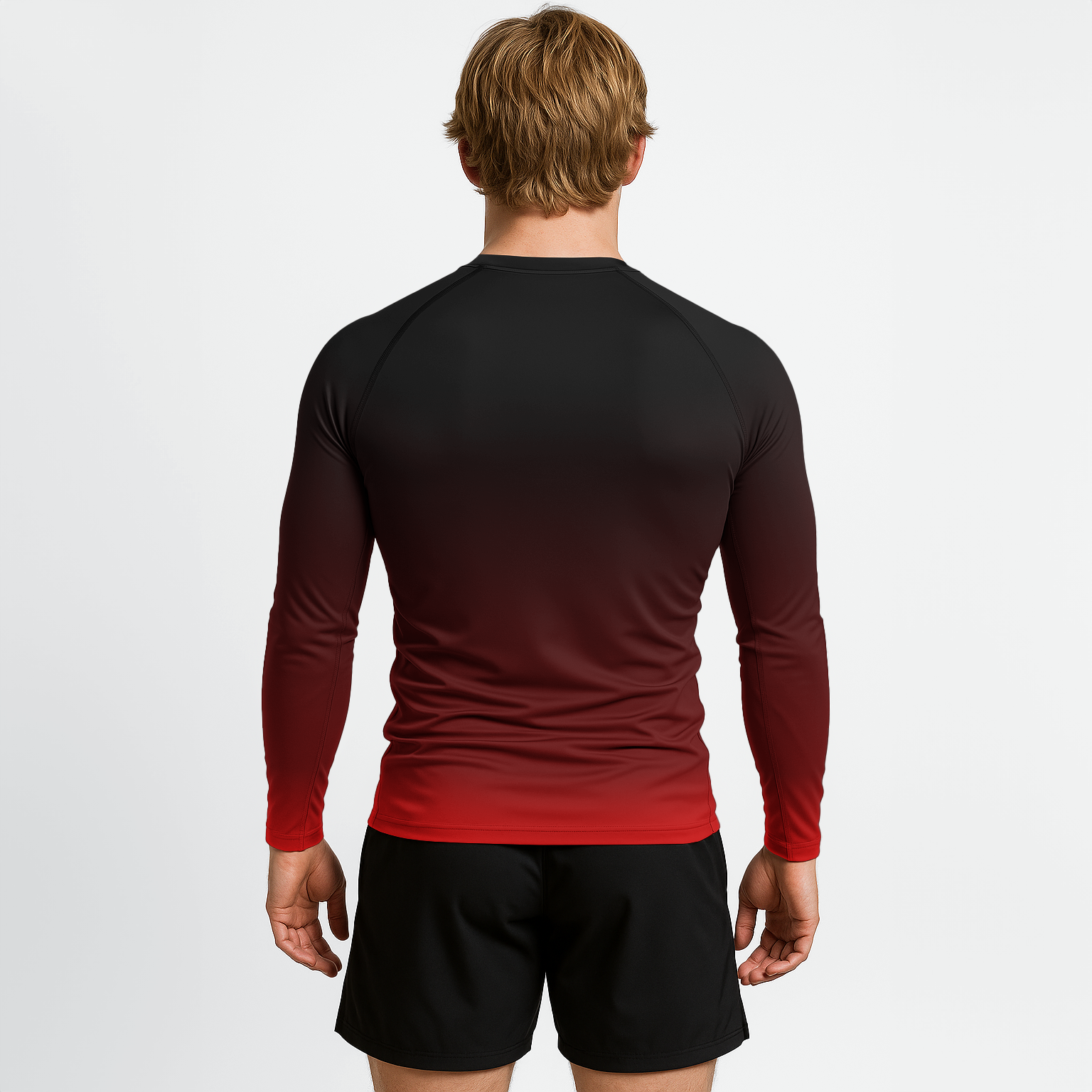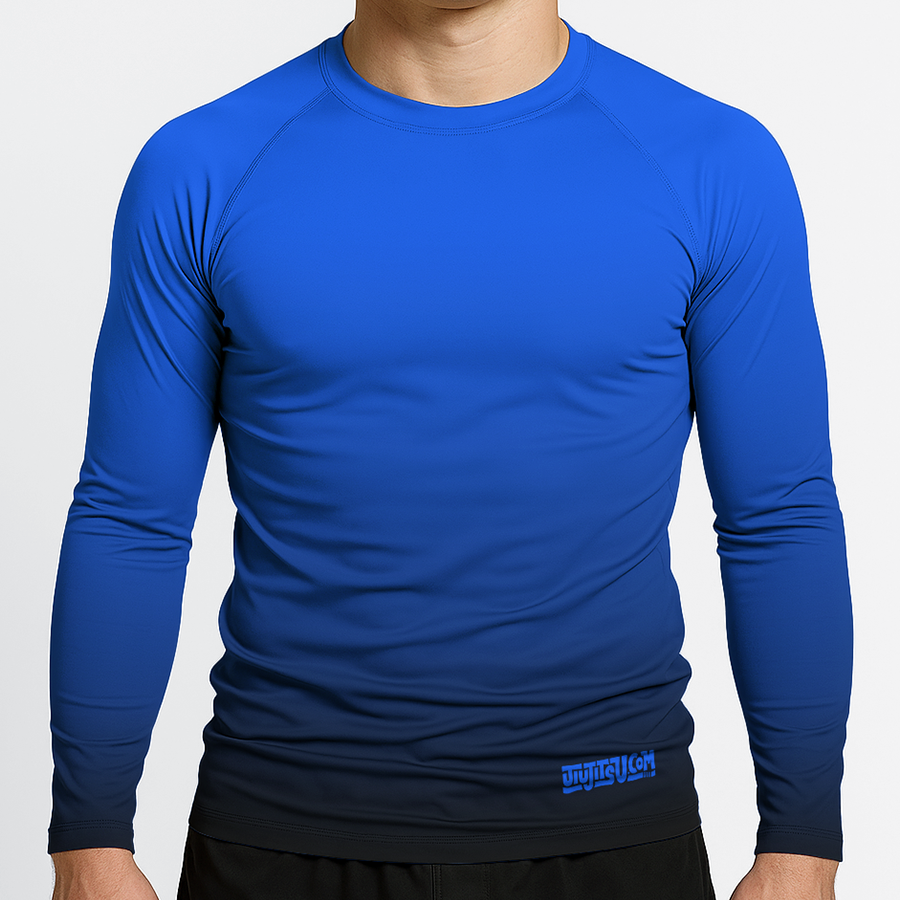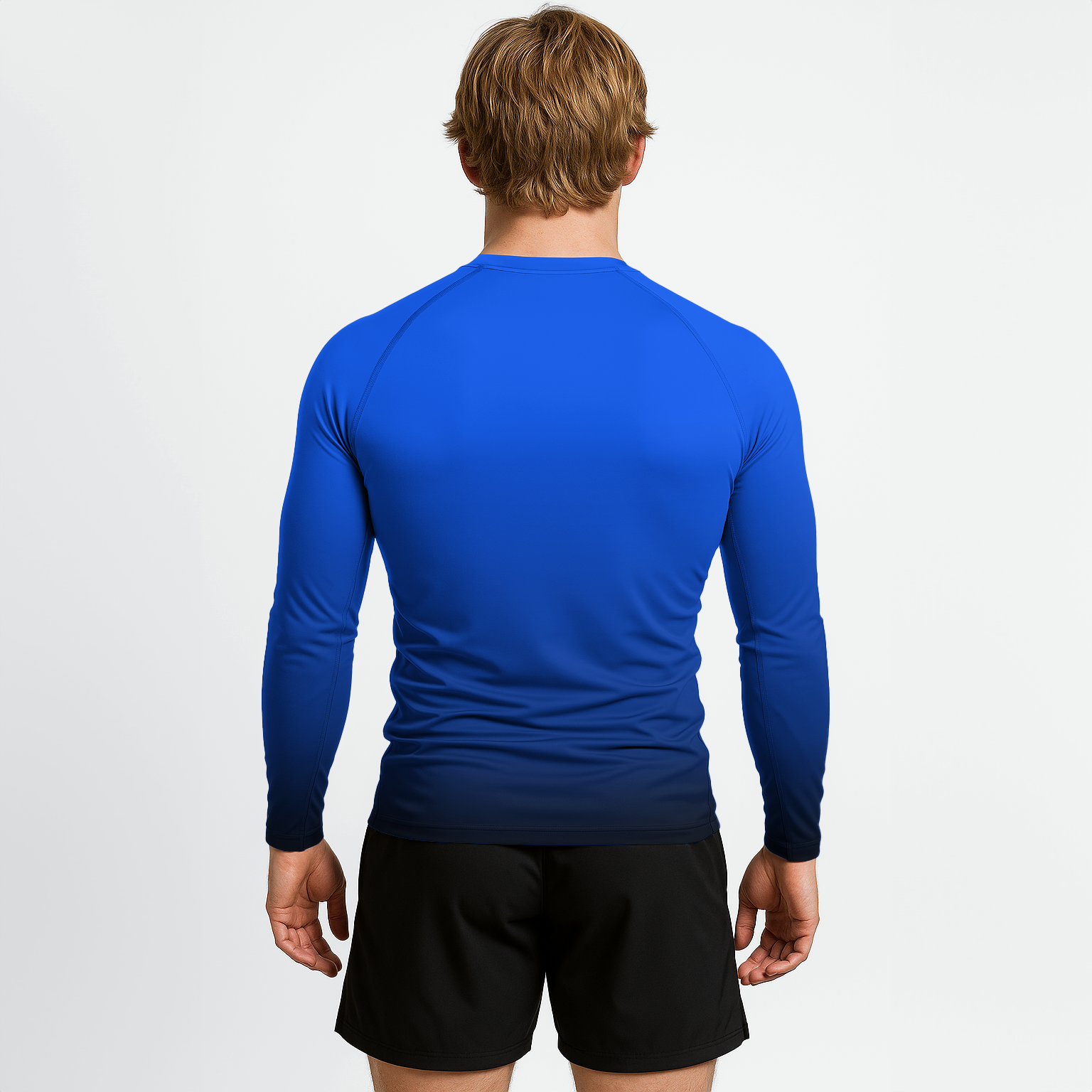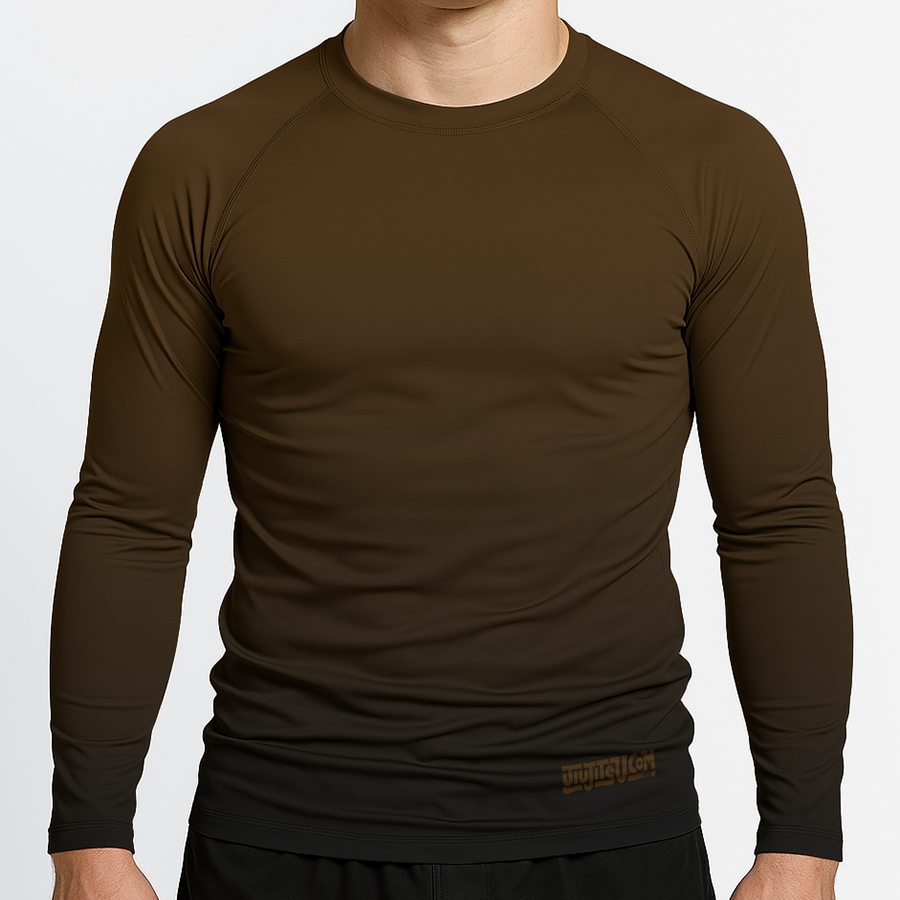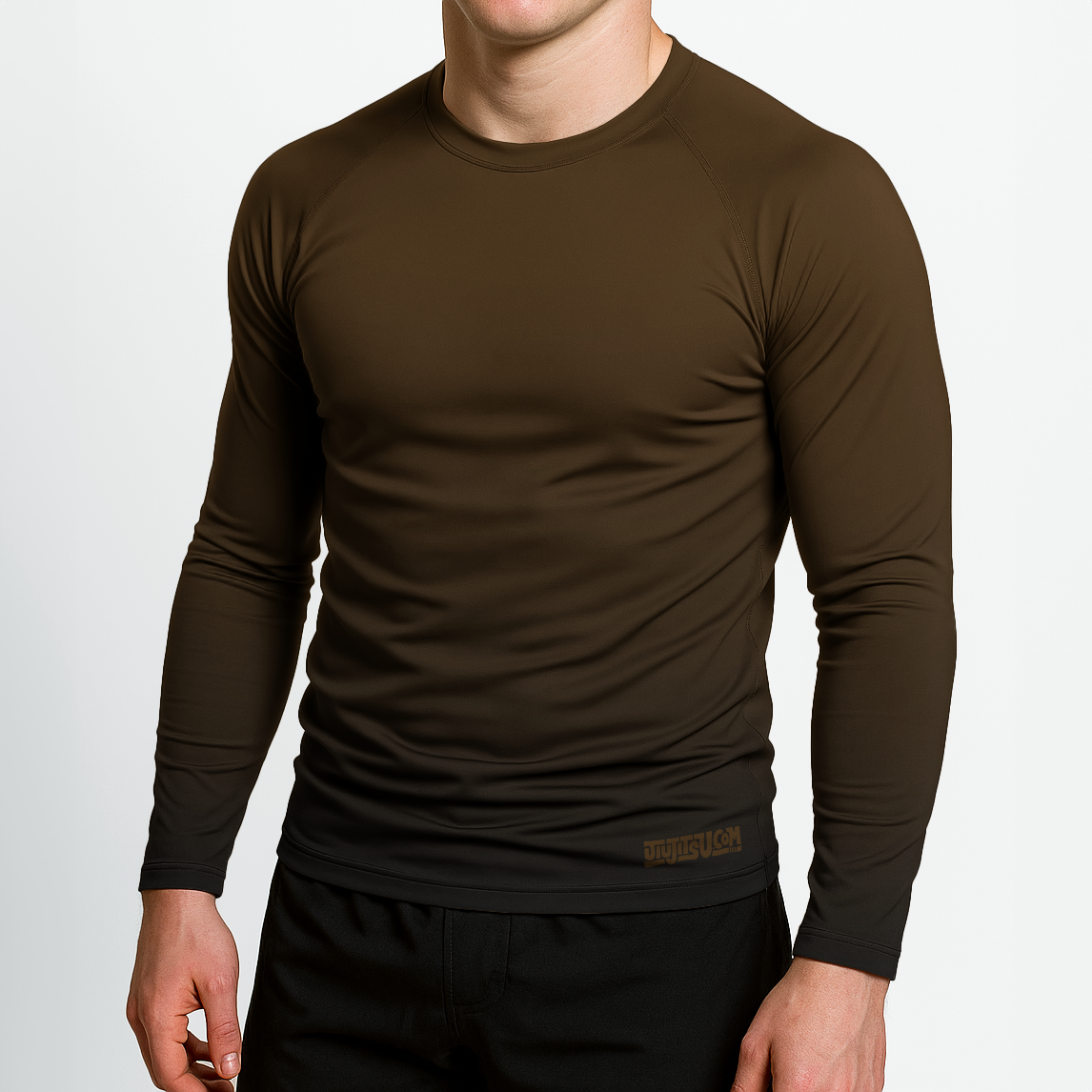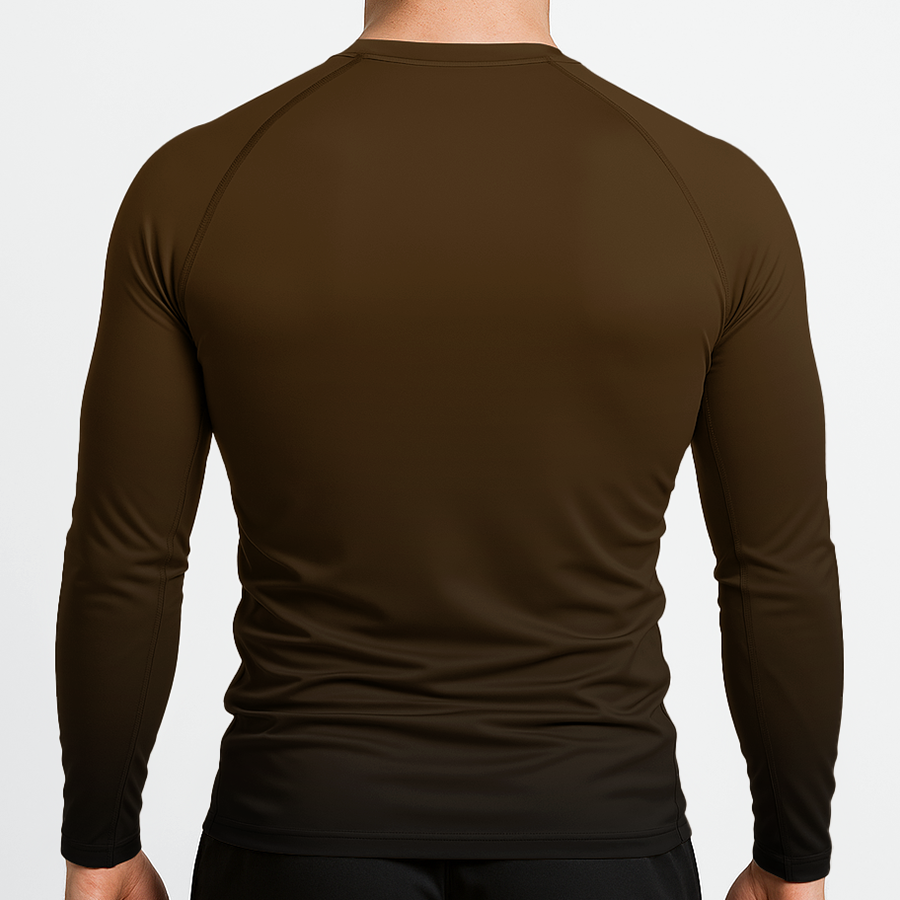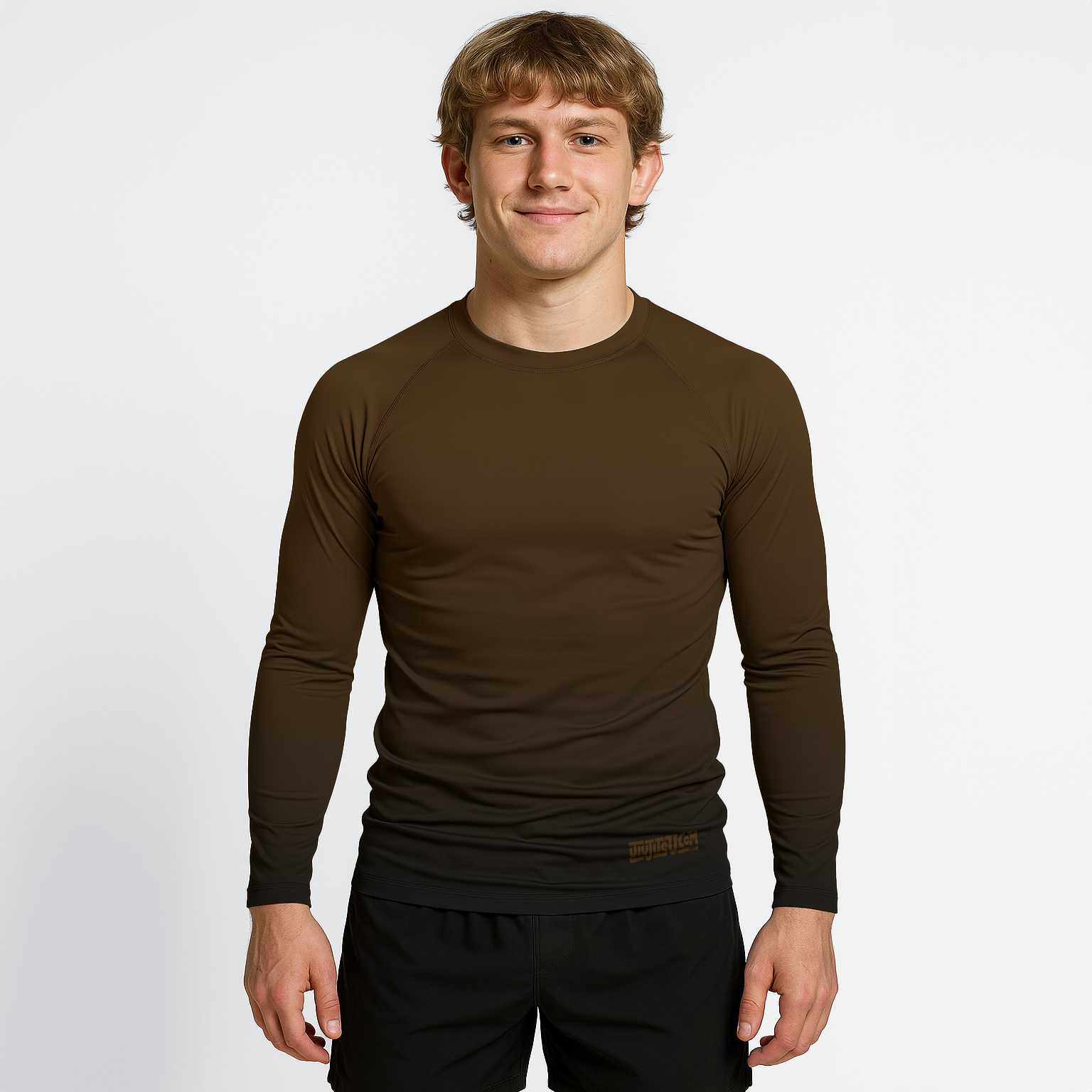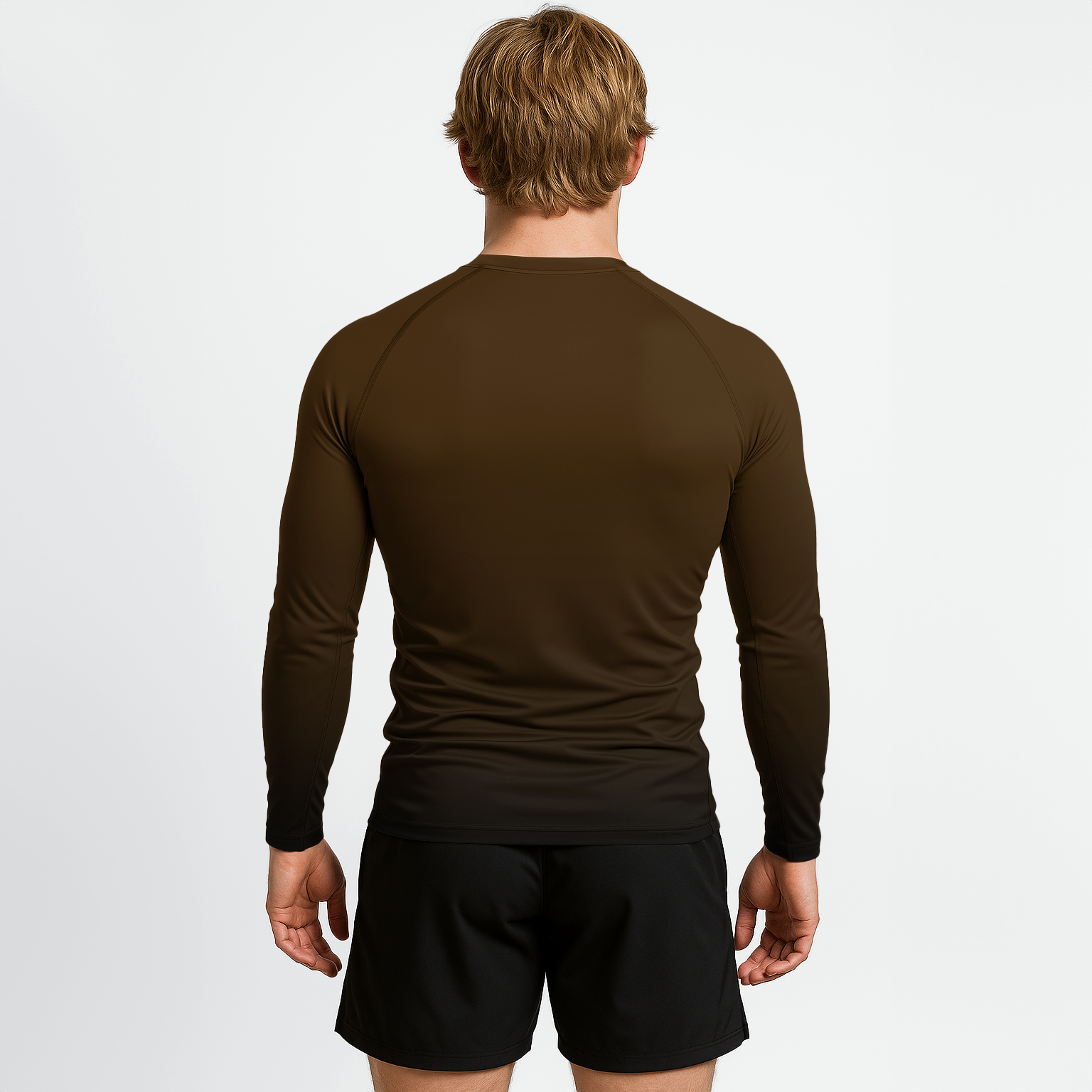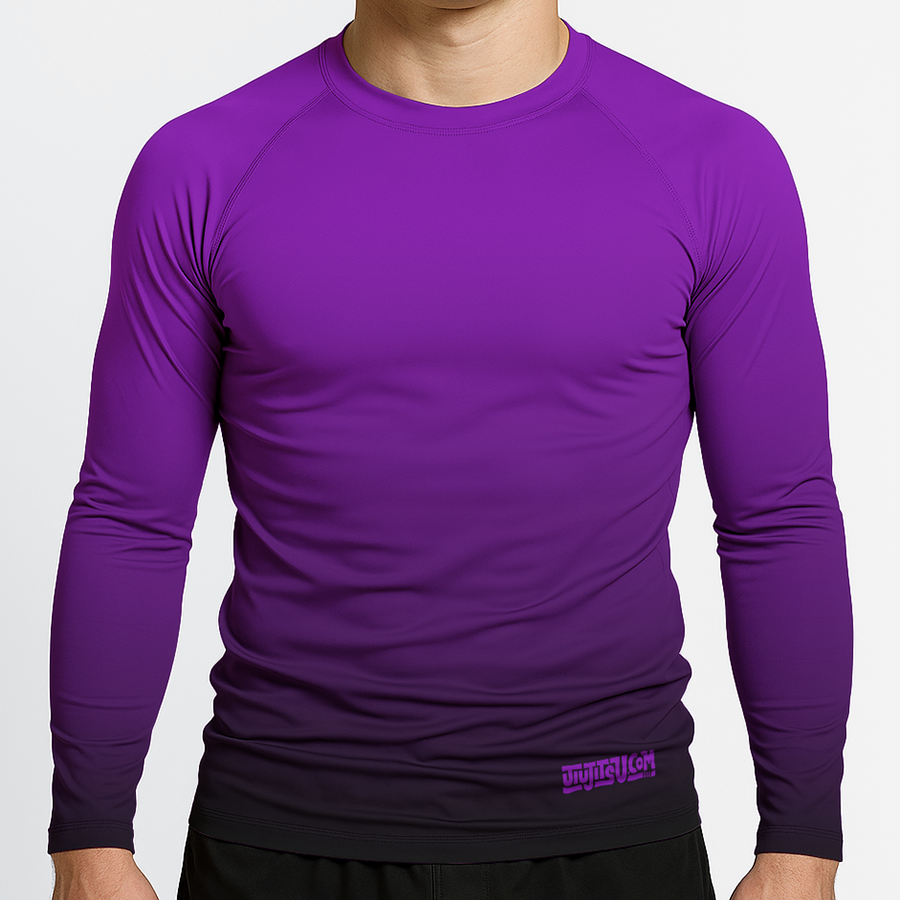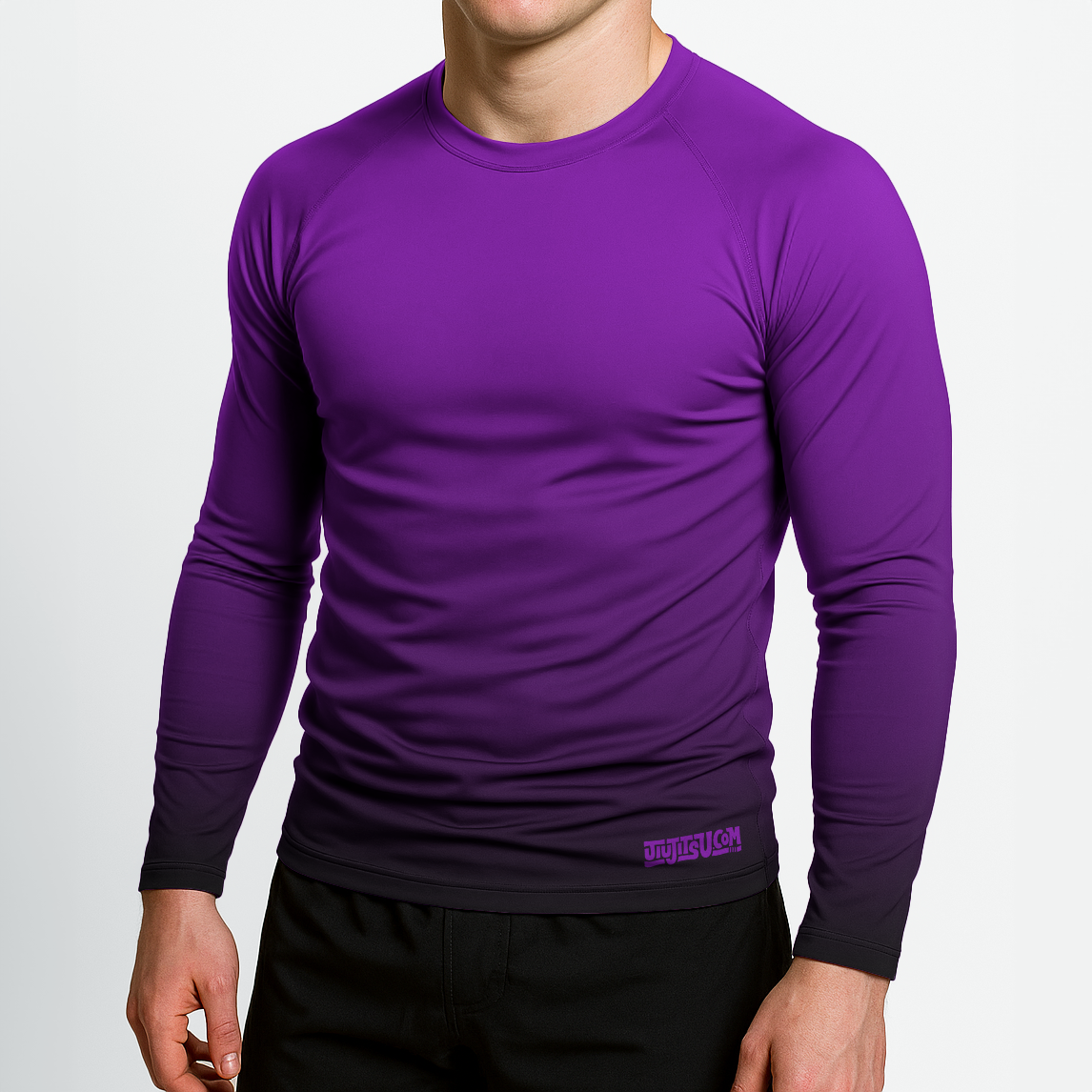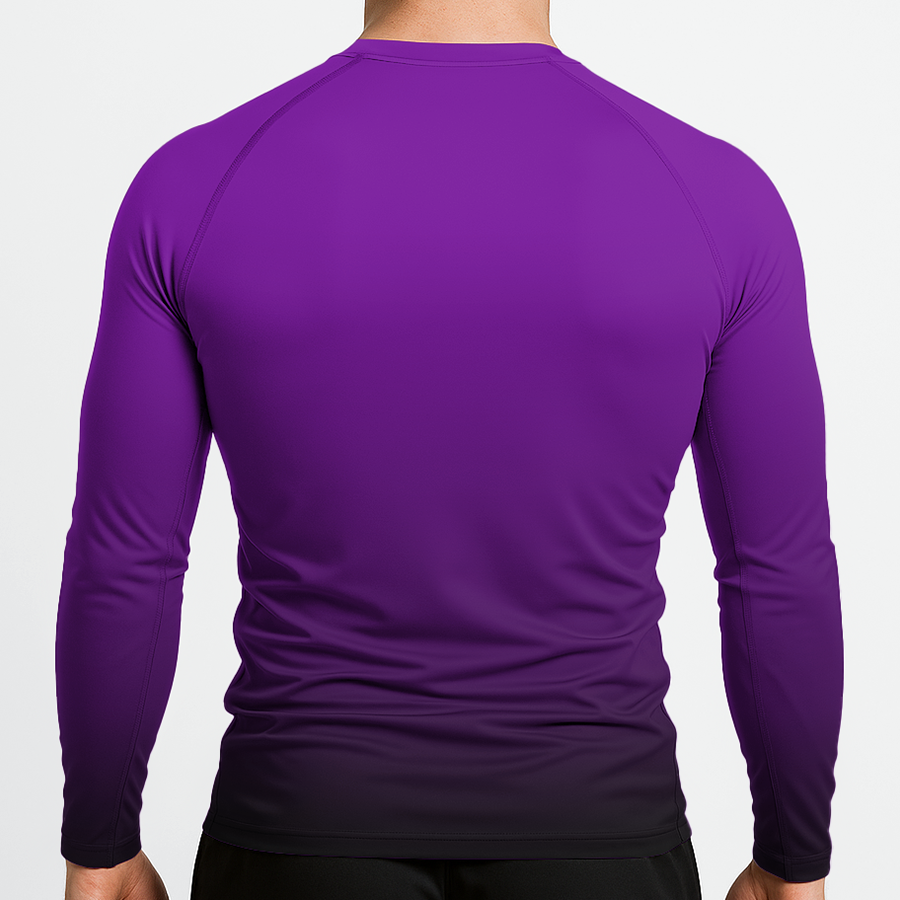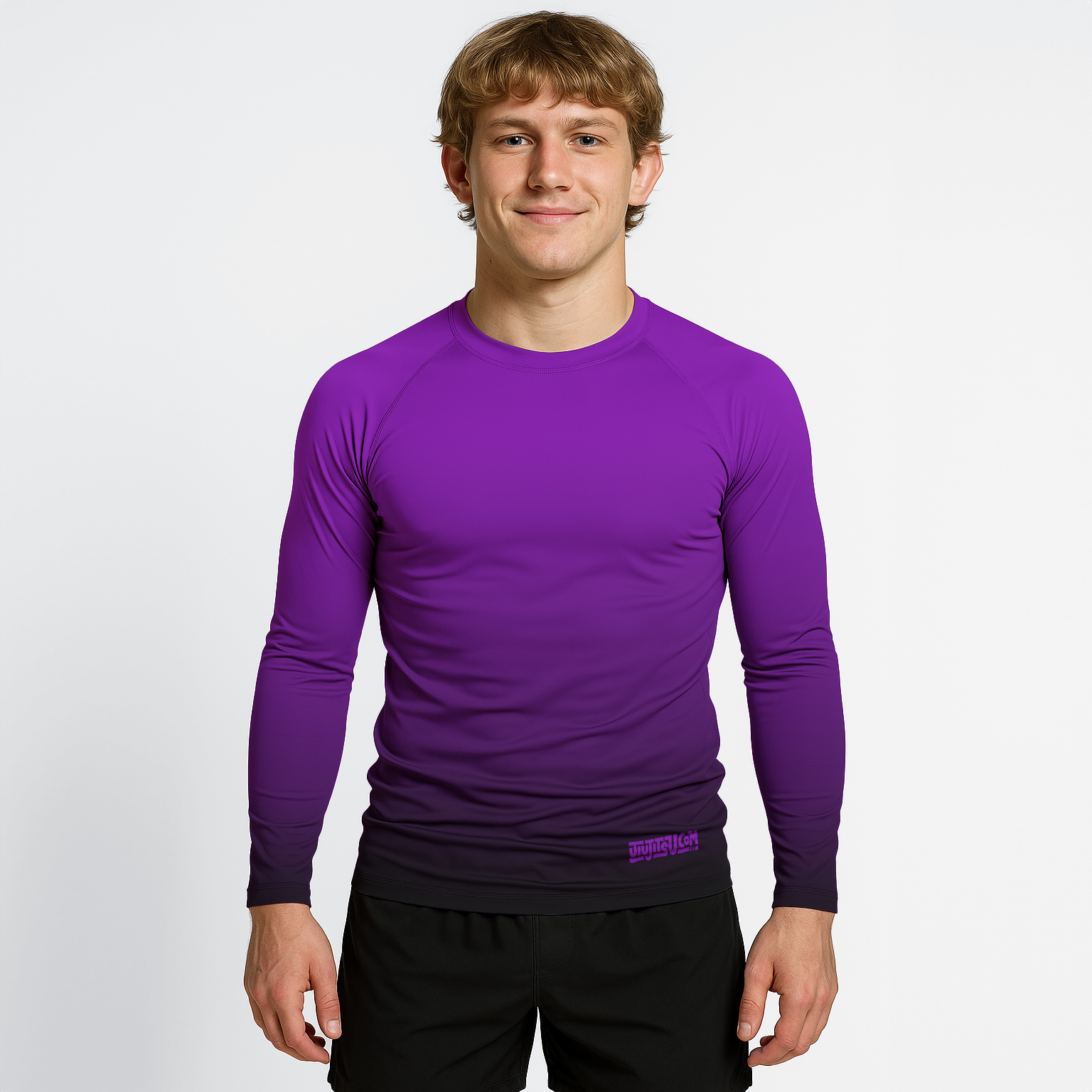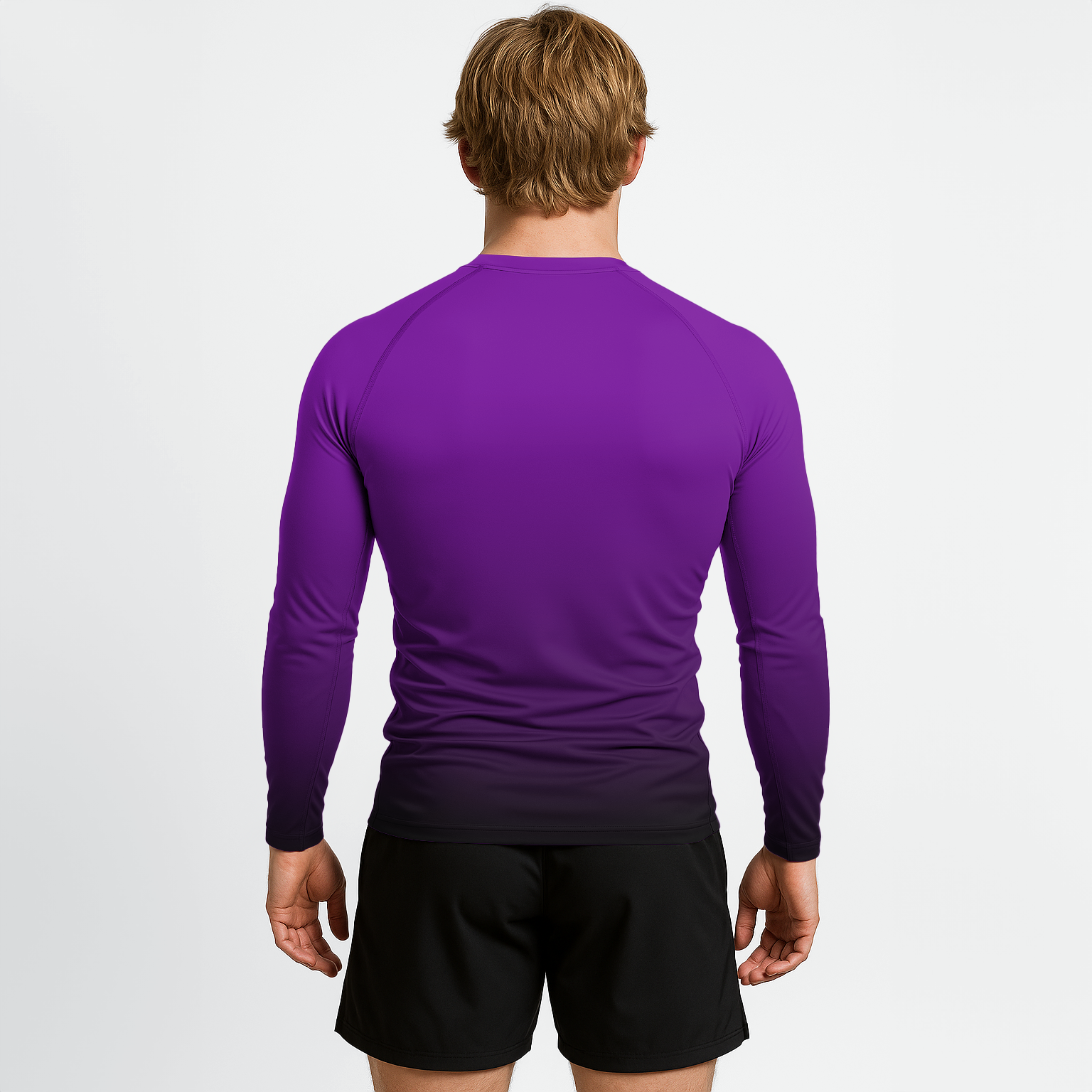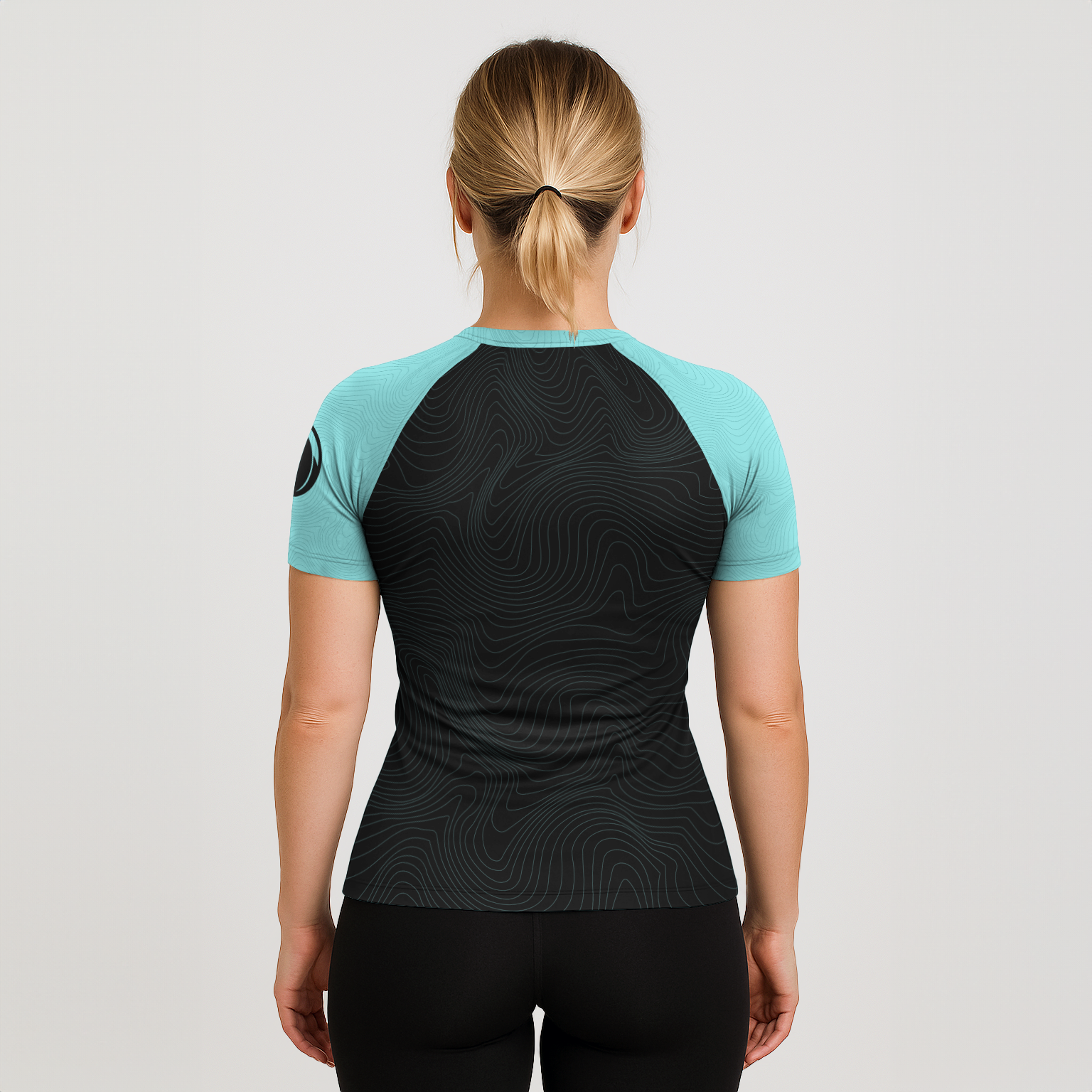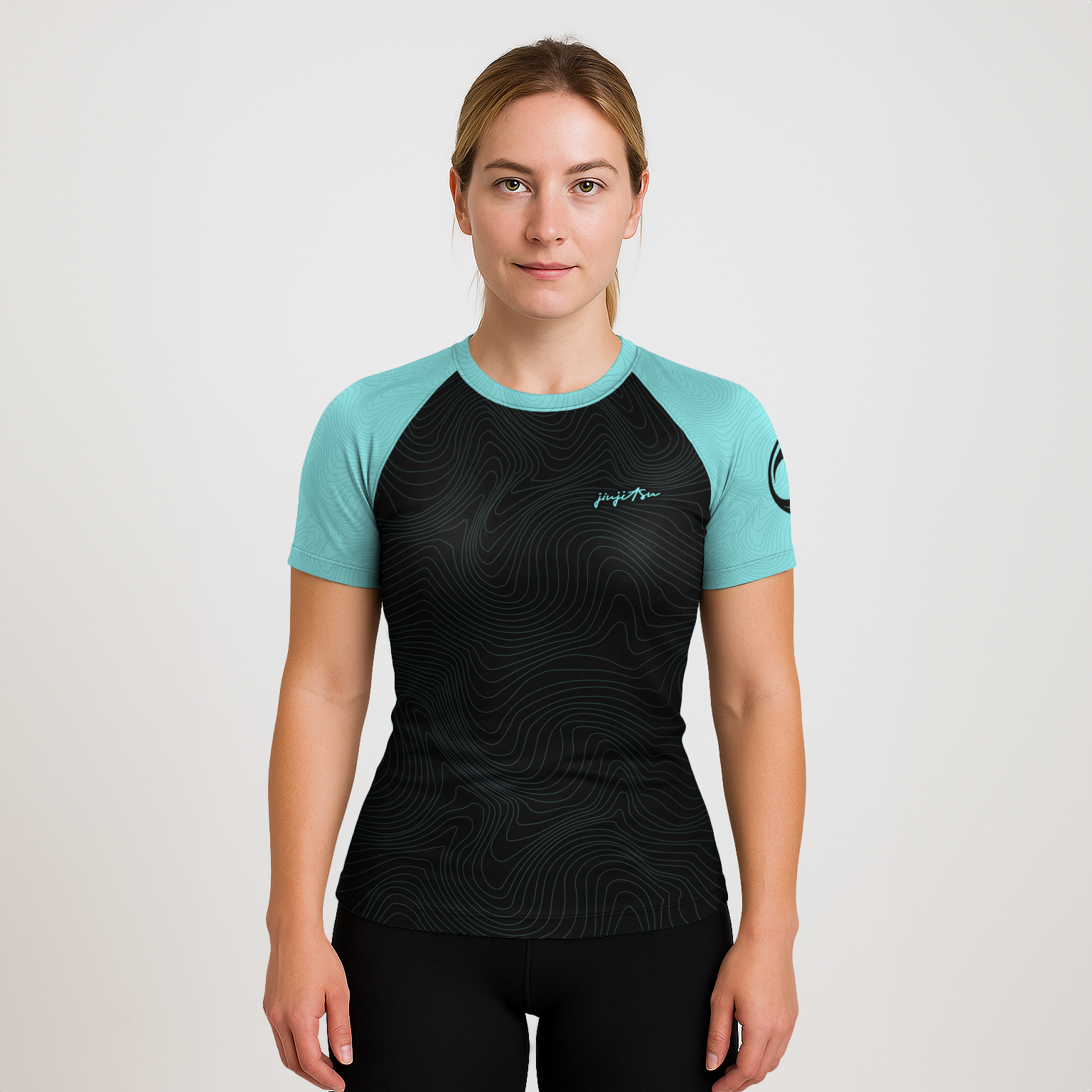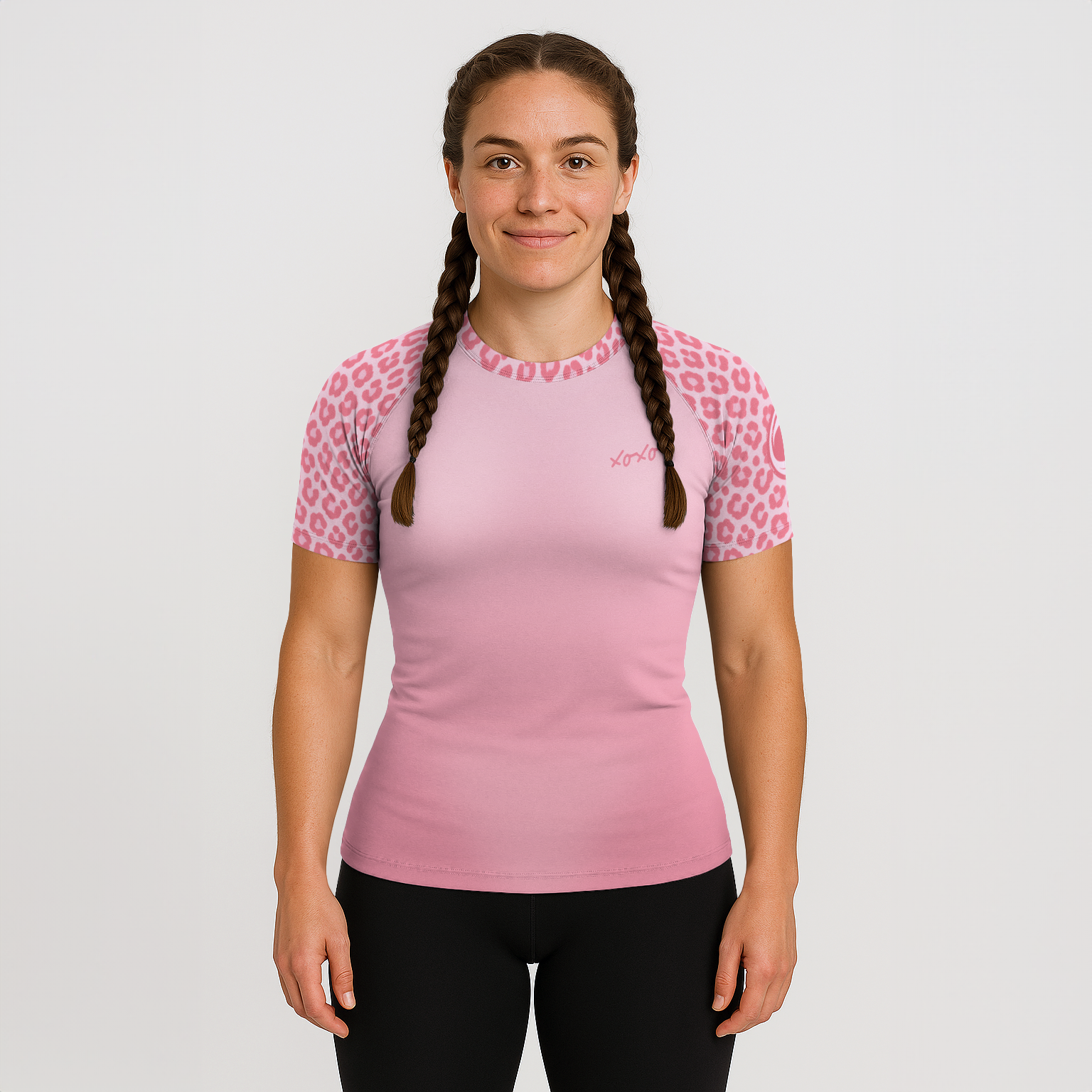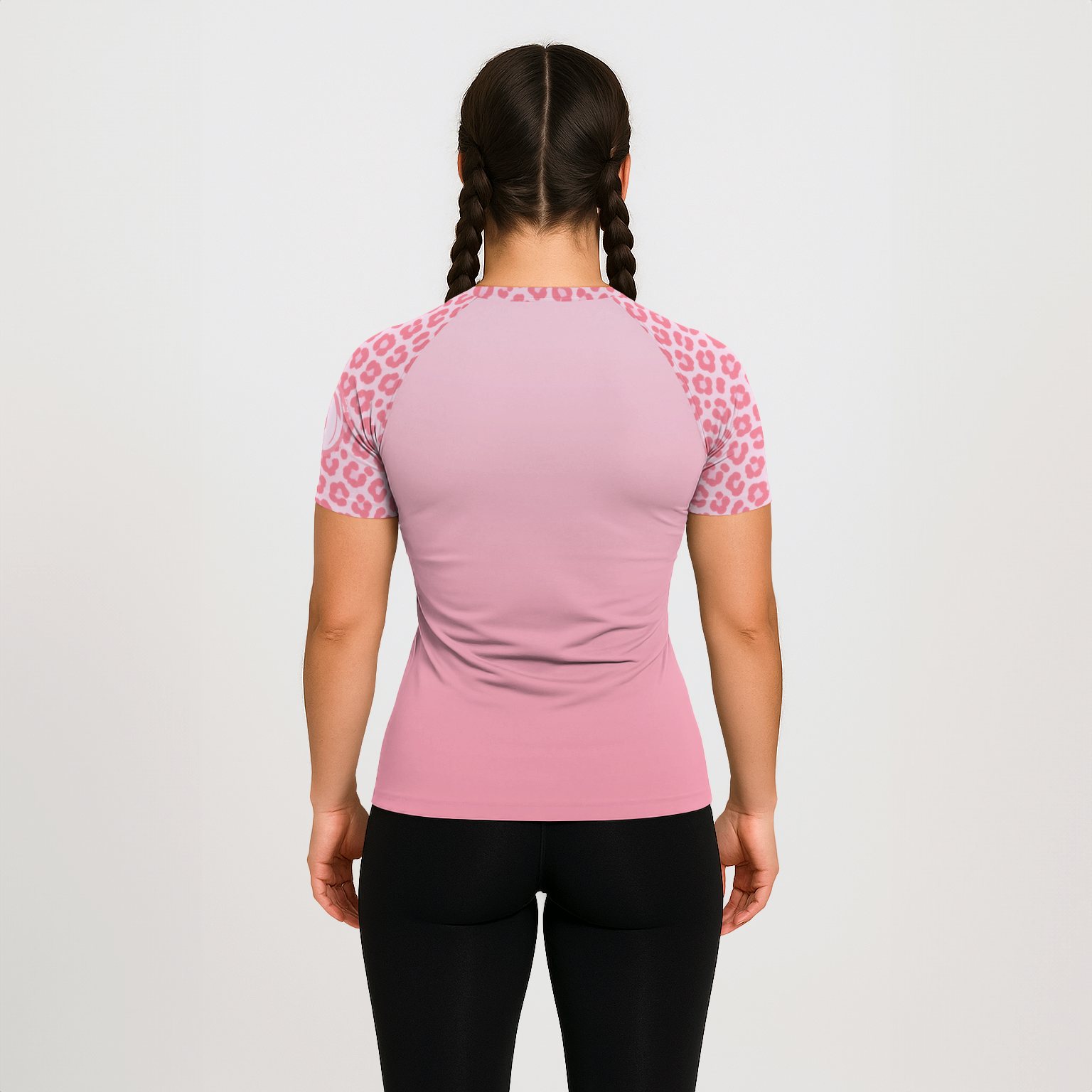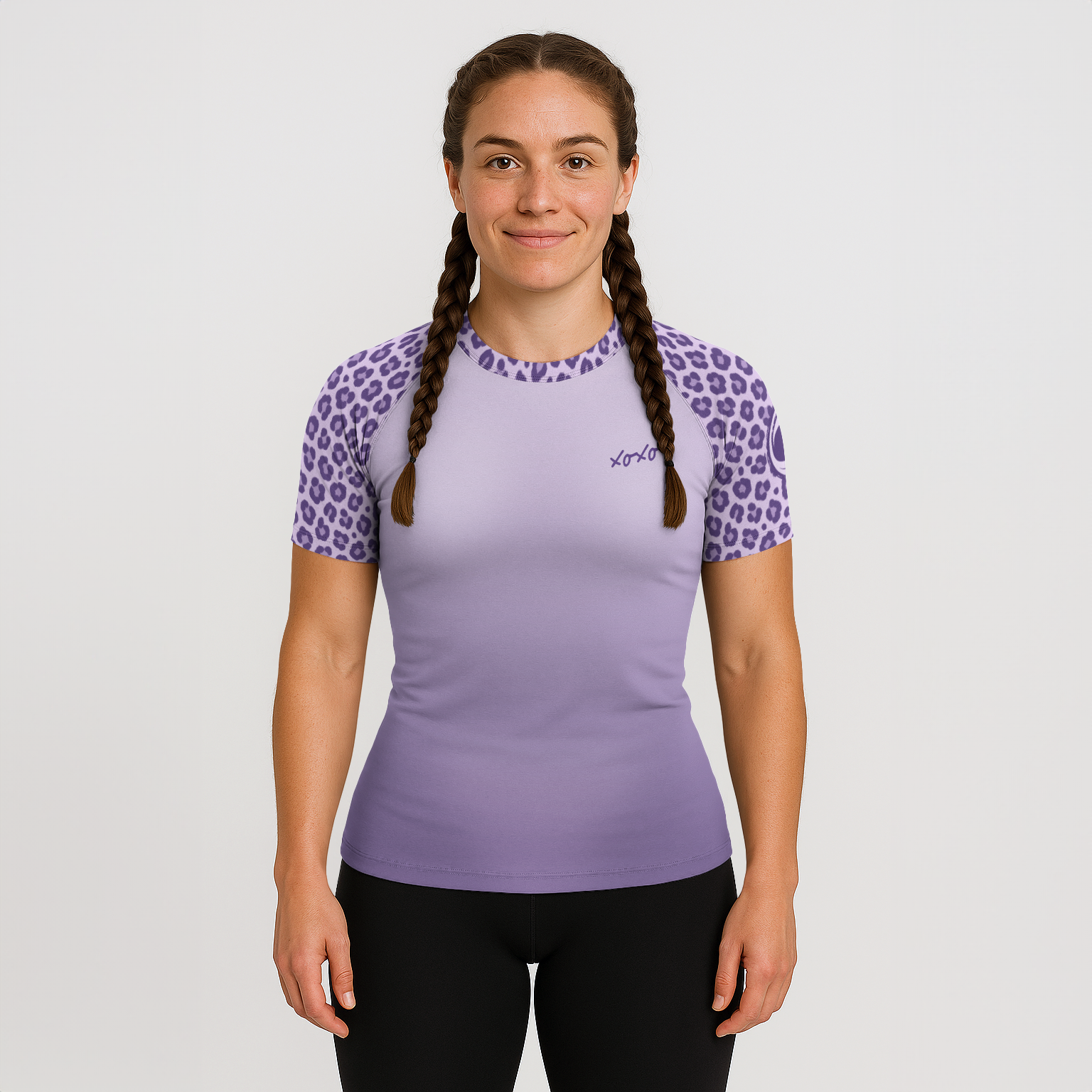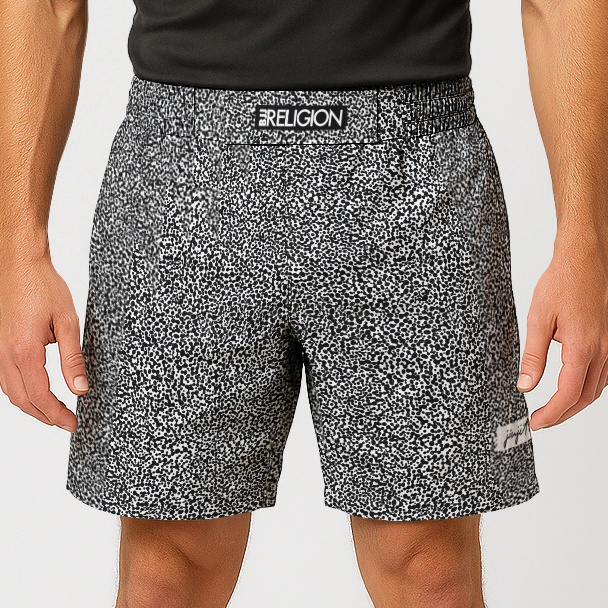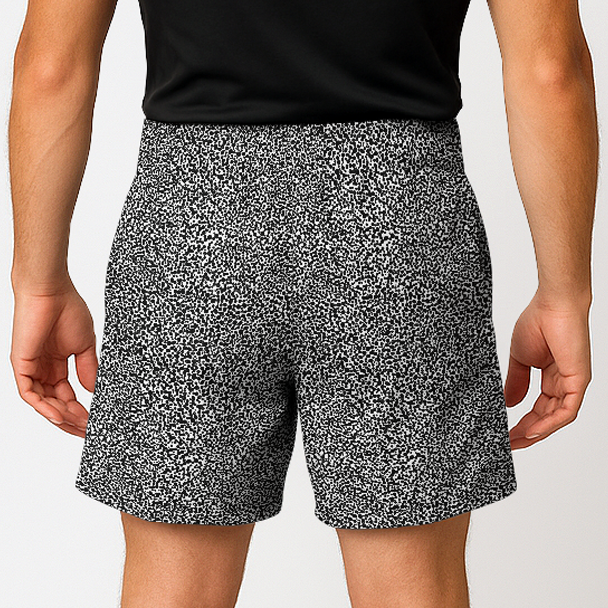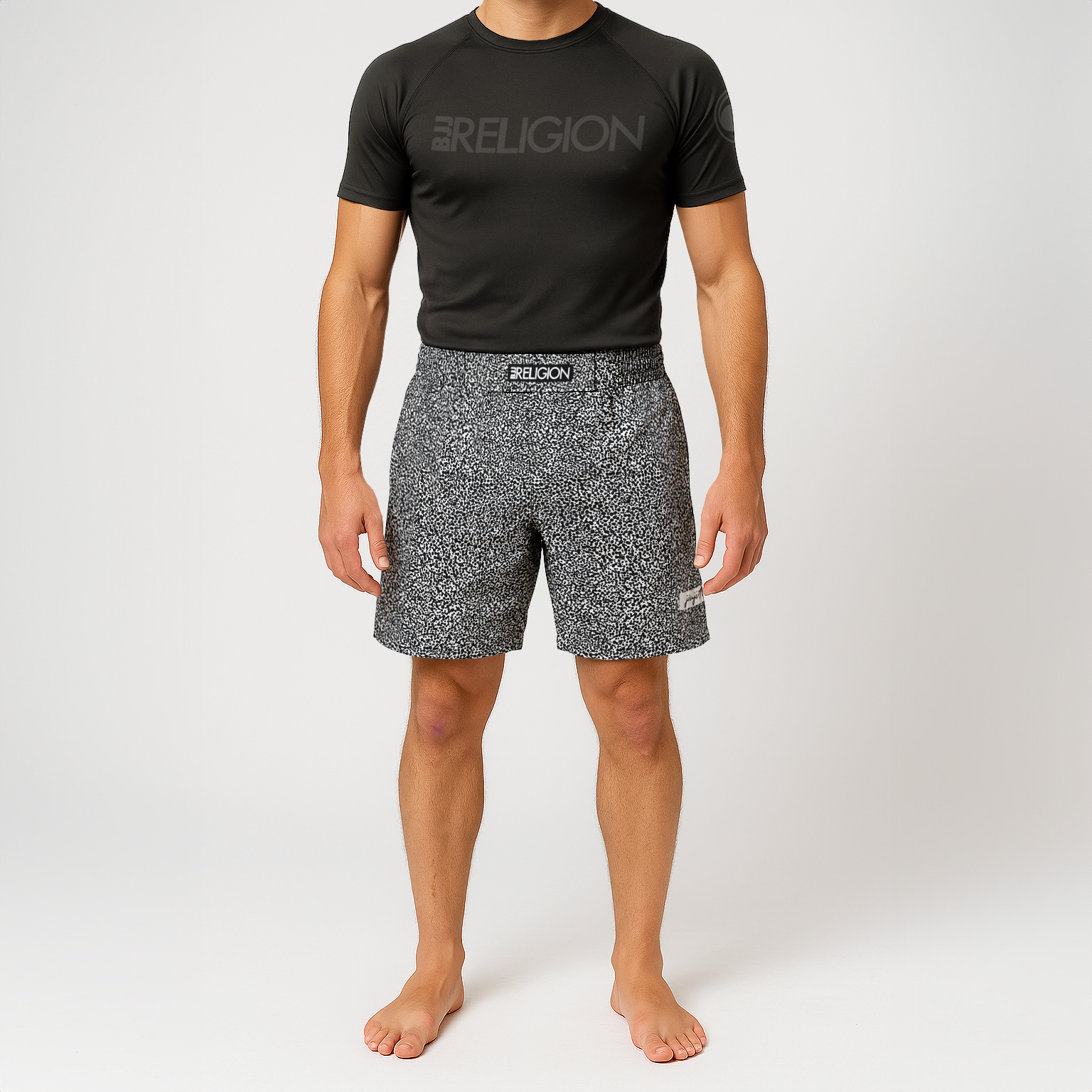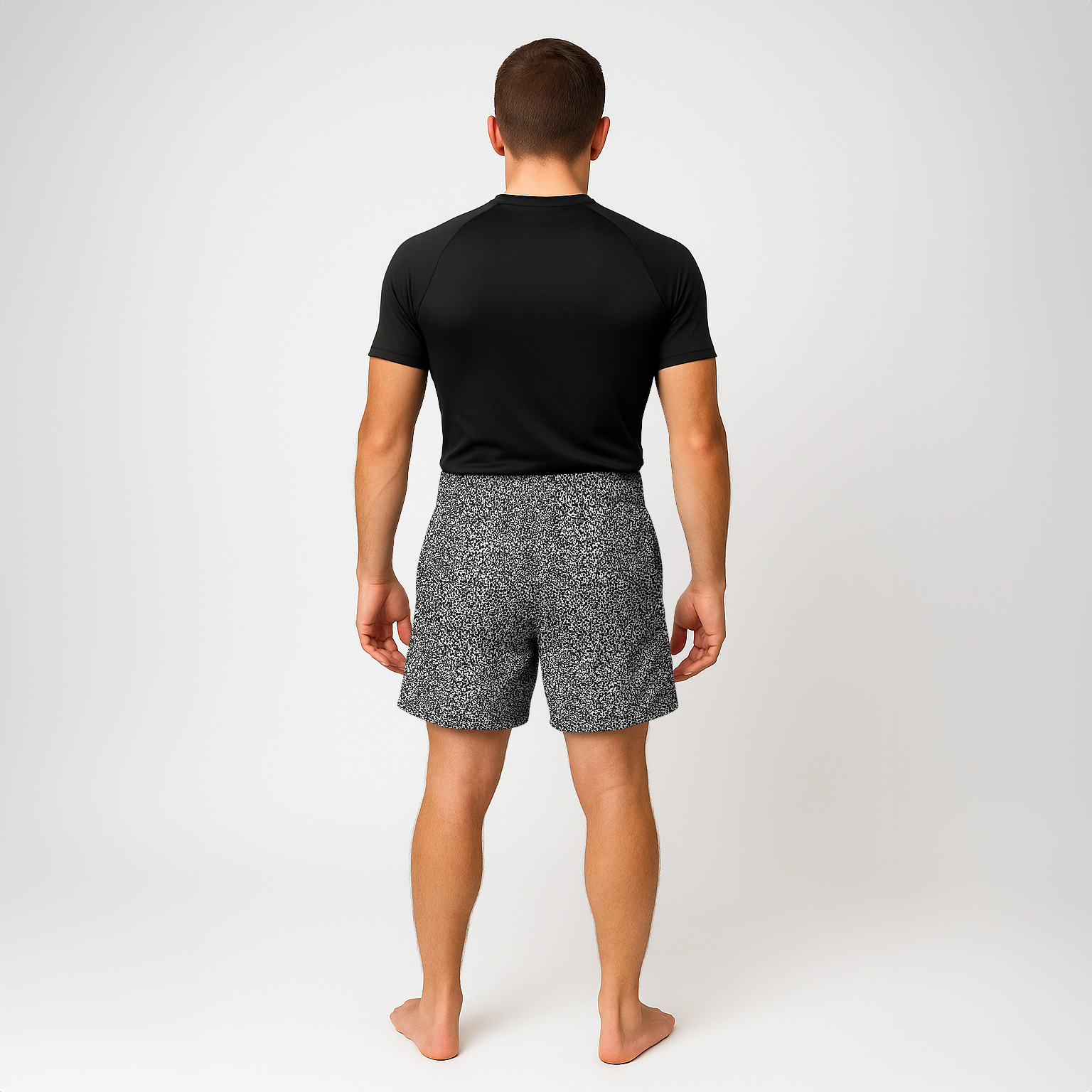What's the Best Age for Kids to Start BJJ?
Parents often ask me about the best age for their kid to start training BJJ. I've been training jiu jitsu for over 13 years, helping coach kids' classes, and I have two kids that train - and two kids that do not train.
Through my experience, I’ve seen firsthand that there isn’t one magic age. I've seen 12 year olds struggle to follow basic instructions, and I've seen 4 year olds hop right in and get the fundamentals down very quickly. However, certain age groups have advantages, and understanding those will help your child thrive.
Several factors go into determining the best age for BJJ. A child’s developmental stage is important, but their personality, athletic ability, and overall maturity also come into play.Is Your Child Ready for BJJ?
Before we jump into specific age groups, let's discuss some basic signs you can look for that your child is ready to start training Brazilian Jiu Jitsu:Signs Your Child Is Ready For Jiu Jitsu:
- Enthusiasm for Physical Activity: Do they gravitate toward physical play? Maybe they wrestle with siblings or love climbing. This interest shows they might enjoy the physicality of BJJ.
- Basic Listening Skills: Brazilian Jiu Jitsu classes require kids to follow directions. Even short bursts of concentration and focus indicate a good foundation for training.
- Social Interaction: BJJ is a team sport at its core, so children need a basic level of comfort with social interaction.
Don't worry if they aren’t a social butterfly, Jiu Jitsu helps shy kids build confidence and develop social skills. My youngest was hesitant to engage at first but definitely opened up over time, many of his good friends today are those he met in jiu jitsu.
Breaking It Down By Age Group
While the best age for BJJ varies, let's explore what each stage generally looks like:
Ages 3-5: The Early Birds

This age is less about complex techniques and competition and more about introducing fundamental movement patterns and basic techniques. Think of it as planting the seeds of coordination, balance, and body awareness. Children will develop a strong foundation for BJJ training with structured classes.
Classes at this age should be high-energy, with slightly more focus on play than training. Seeing kids make animal sounds while crawling like a bear is kind of crazy - it doesn't even feel like training. This is also an important age to teach children to respect their teachers and follow rules. They will start to learn martial arts and the proper etiquette that comes with it.
Ages 6-8: Hitting the Sweet Spot

I would consider this the best age for kids to start BJJ. Kids this age can follow more intricate instructions and handle increasingly complex techniques. They better understand the concept of discipline and can start learning more advanced BJJ techniques.
Most importantly, their ability to focus for extended periods develops significantly. Their minds are like sponges, and it's incredible to watch them absorb information. This is also when a lot of kids really start to understand the concept of discipline. It is a great way to introduce your child to jiu jitsu classes and have them learn valuable communication skills.
For those in this stage that have already been training for awhile, this is also a fun age to start competing at - don't be surprised at the level of skill an 8 year old that started training at age 5 can have!
Ages 9-12: Leveling Up Skills

Kids can now dive deeper into technical nuances during these pre-teen years. The focus shifts to honing skills and developing a specific game and strategy. Of course, just like anyone else they'll need to grasp the fundamentals first - but they have mental capacity to develop their own game in this stage.
It's about quality over quantity, with more attention dedicated to refining movements. For many children, this is also when interest in competition often blossoms, adding another dimension to their BJJ journey.
Teenagers: A Perfect Outlet

In todays age, any teenager that walks into a BJJ academy will no-doubt feel intimidated. They'll quickly find out that size and strength isn't everything, they'll be tapping out to 9 year olds left and right. But it's important to let them know that everyone started as a white belt, and teens often pick up techniques quicker than the older kids and pre-teens.
Their ability to understand things in more detail allows for accelerated progress and a nuanced understanding of complex moves. This age brings its pressures. BJJ is an incredible outlet for teenagers to learn a new skill.
They learn to manage stress, develop discipline, and gain self-confidence that carries into other parts of life. Teens will learn a rules set and start to see mental growth through learning self-defense.
What To Do Before You Start?
Find the Right BJJ Academy
Choosing the right BJJ academy is paramount, especially for kids. Depending on your area, I always recommend visiting at least 2-3 different academies. Most will have a trial option. Use this time to observe class, talk to other parents, etc.
Make sure the instruction style matches up with what you and your child are looking for. For example, do the instructors balance discipline and fun appropriately for the age group? Are they more focused on competition or self-defense?
Make sure there are clear safety protocols and the overall facility is kept clean.
And lastly - watch the kids! Are they having fun? Are they encouraging and supporting each other - or are they all just out trying to hurt each other?
Be Prepared and Equipped!
You'll need a few things for your child's first BJJ class. For starters, they will need a kids BJJ gi and belt. You will want to make sure you wash your gi after every class, so as your child gets more and more into jiu jitsu it may be a good idea to have 2-3 gis to rotate through.
If your kid plans on training NOGI, they will need a rashguard and a pair of grappling shorts. It's important not to wear a lose fitting t-shirt or shorts that have pockets as fingers and toes can easily get trapped in the extra material and bend the wrong way (ouch!)
Aside from being equipped with the right uniform, bring a water bottle and a good attitude!
Conclusion
There isn’t really a single right answer on when your child should start BJJ. What matters is finding the right gym, working with experienced and enthusiastic instructors, and fostering a love for the sport in children. Jiu Jitsu offers numerous life-long benefits both on and off the mat for kids of all ages.

